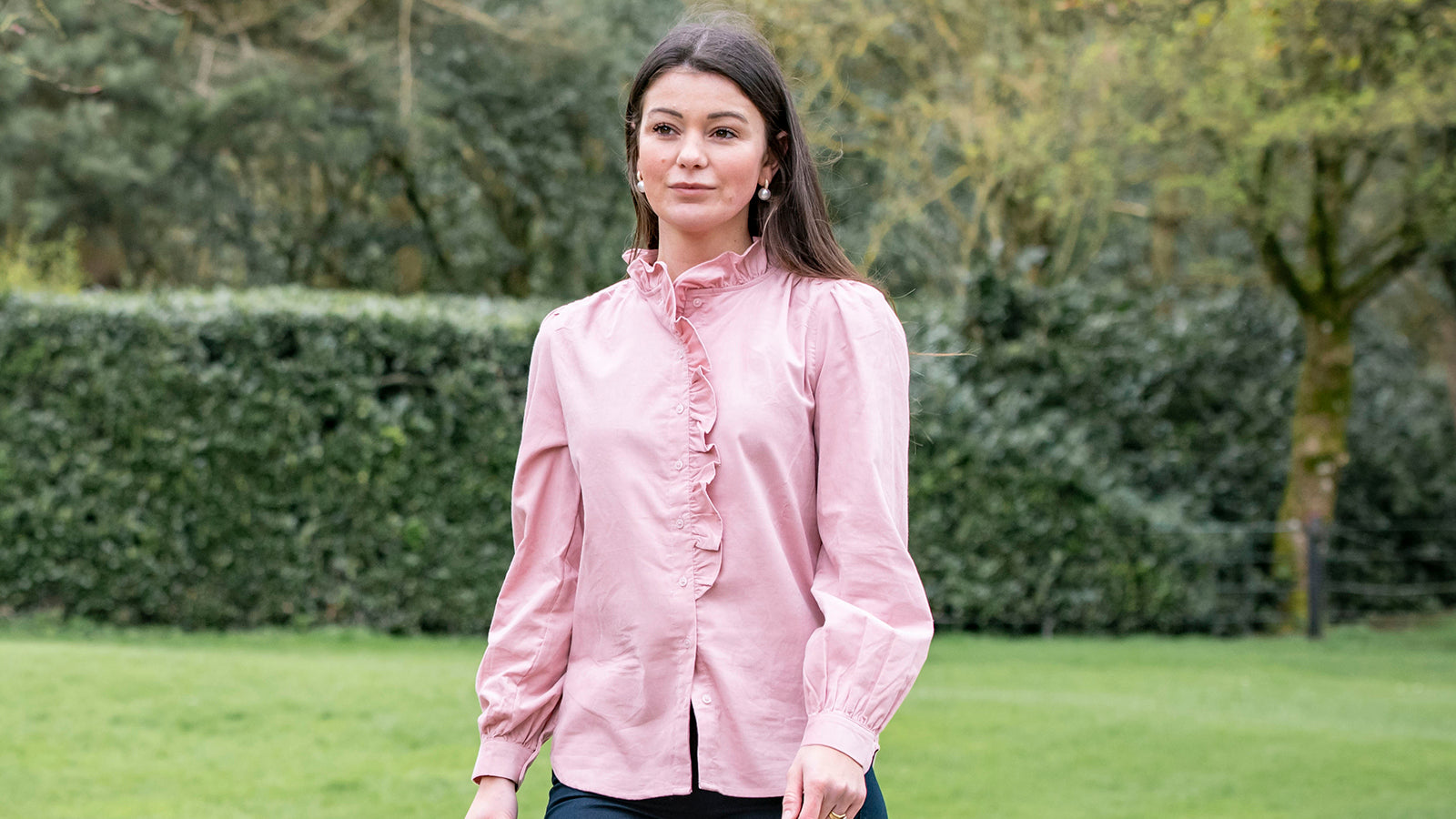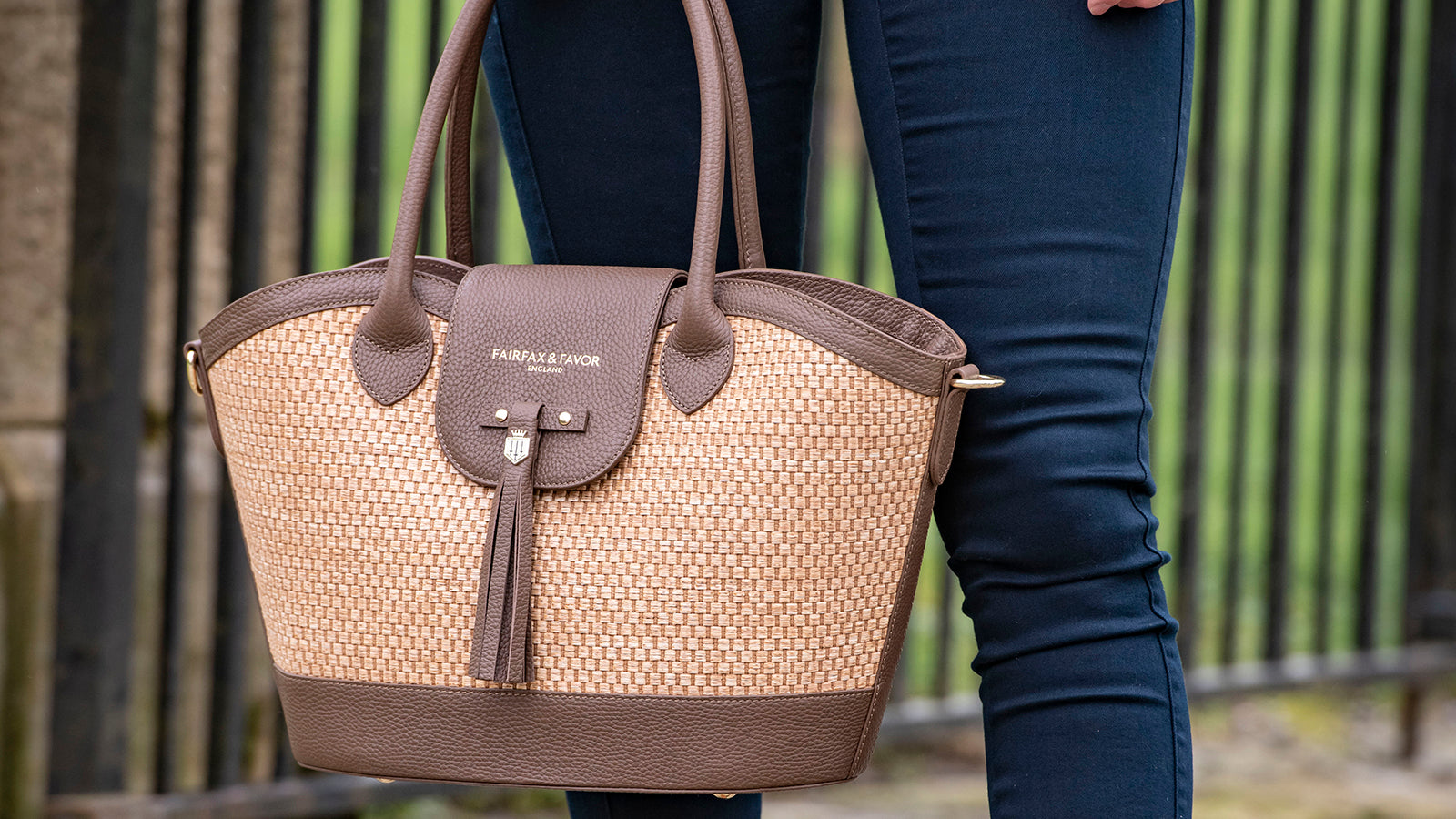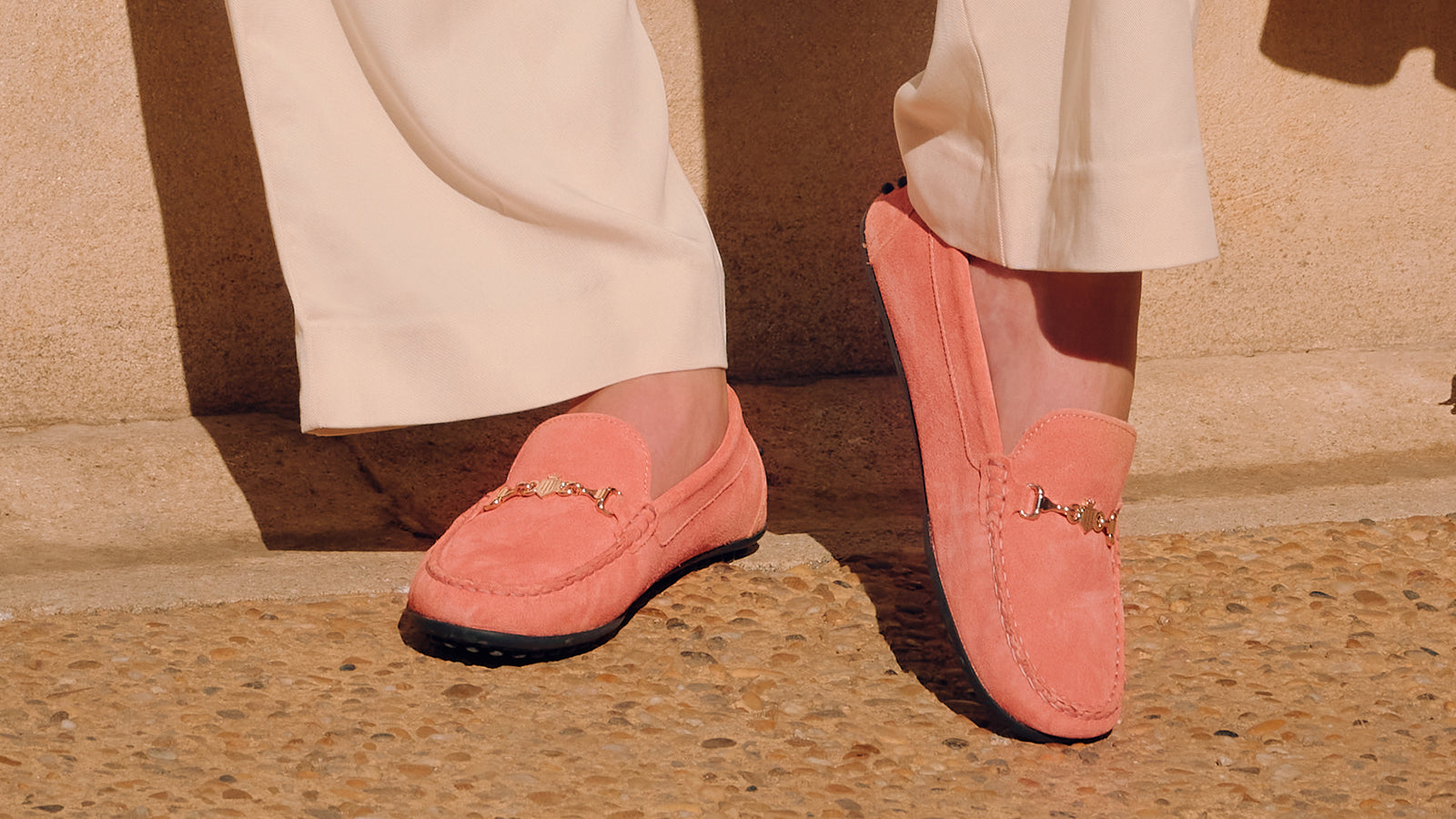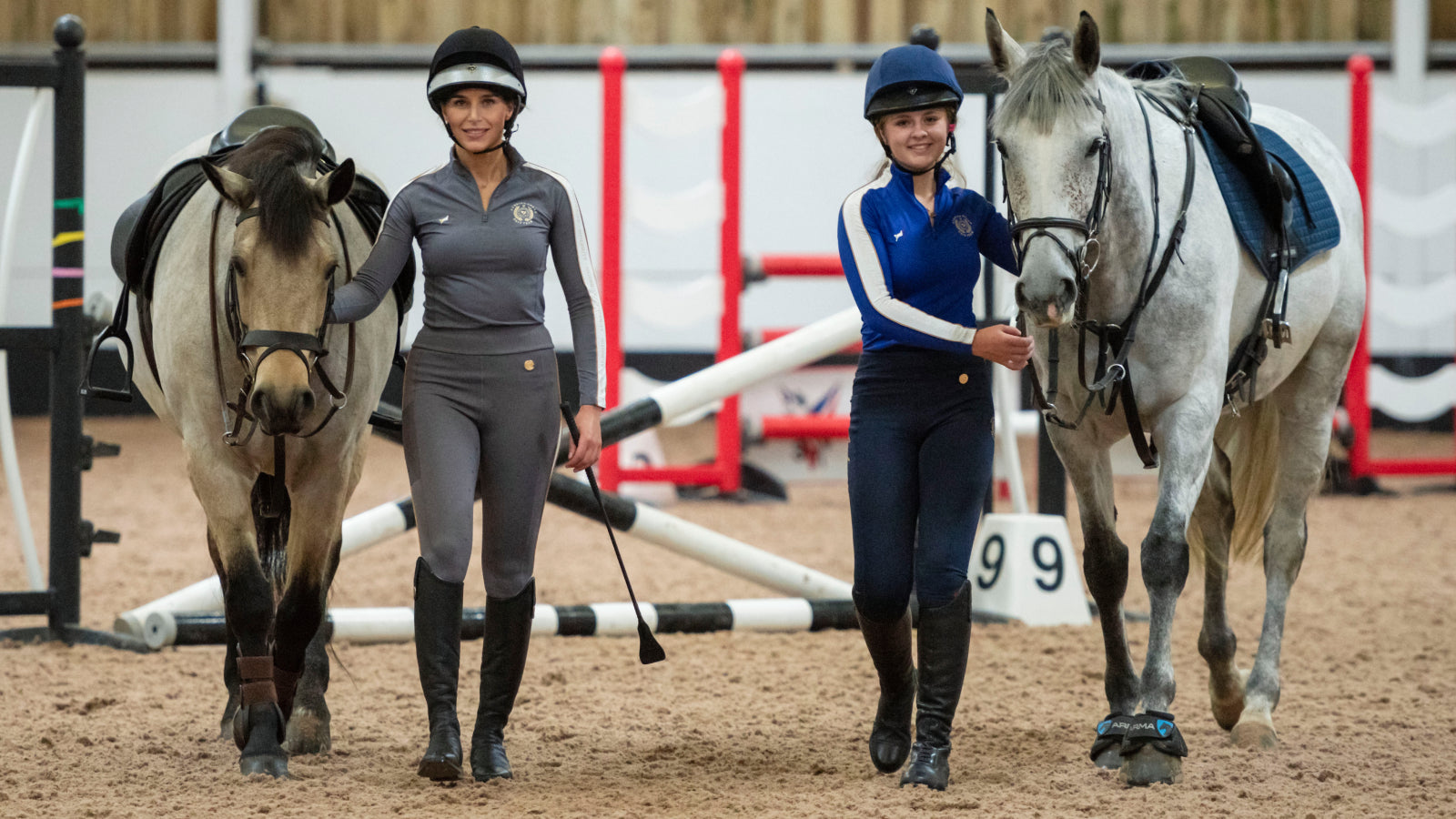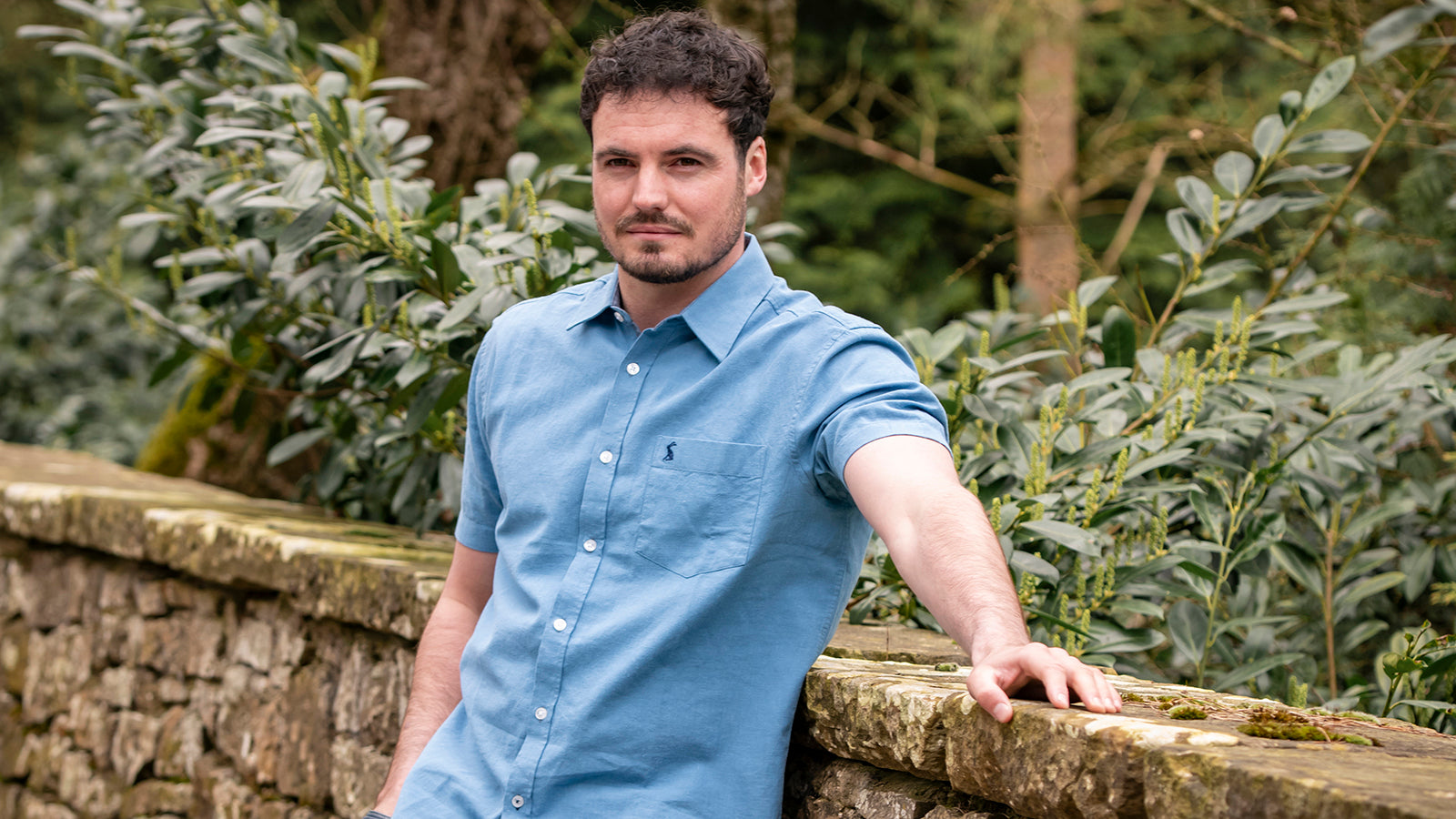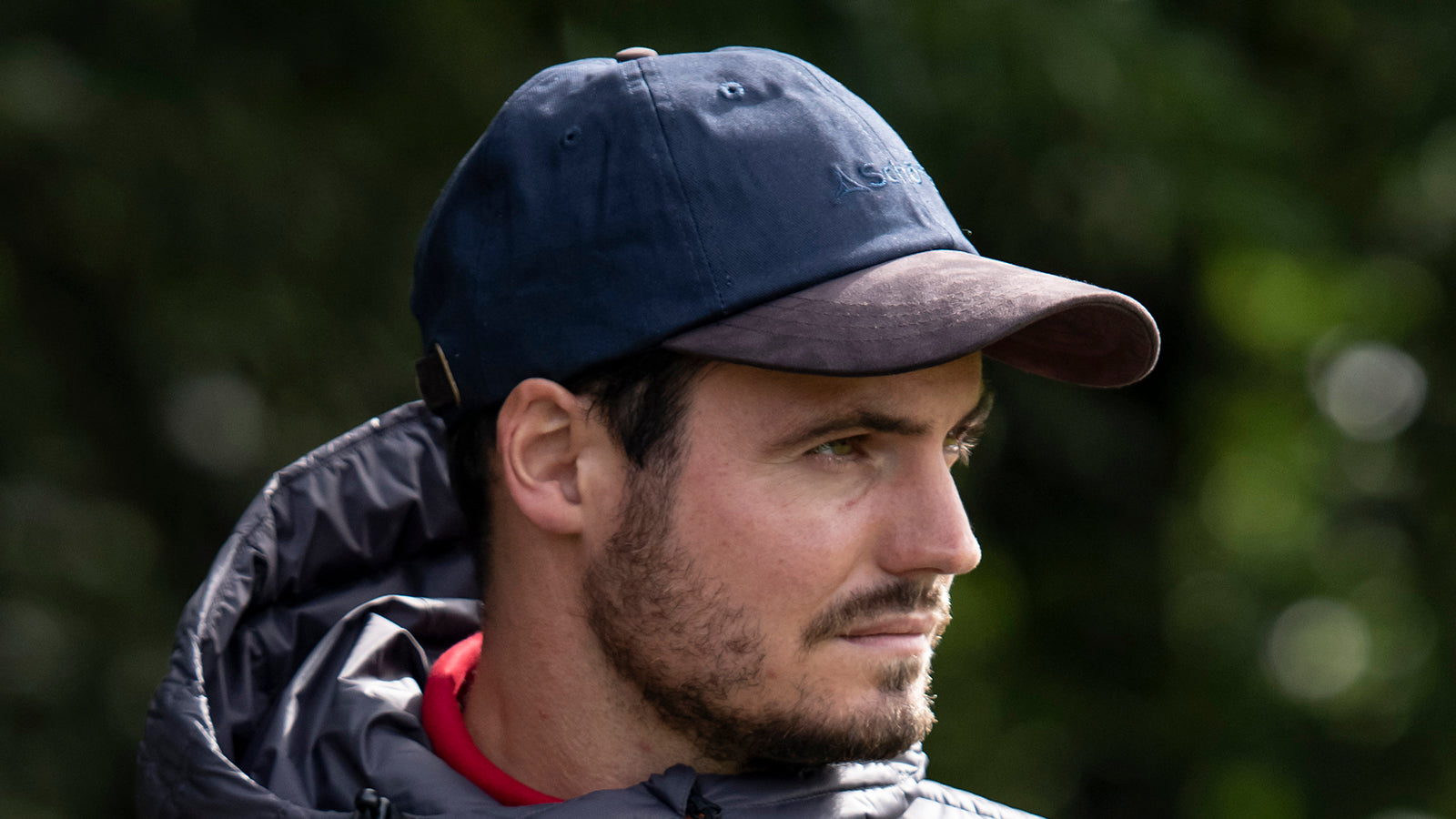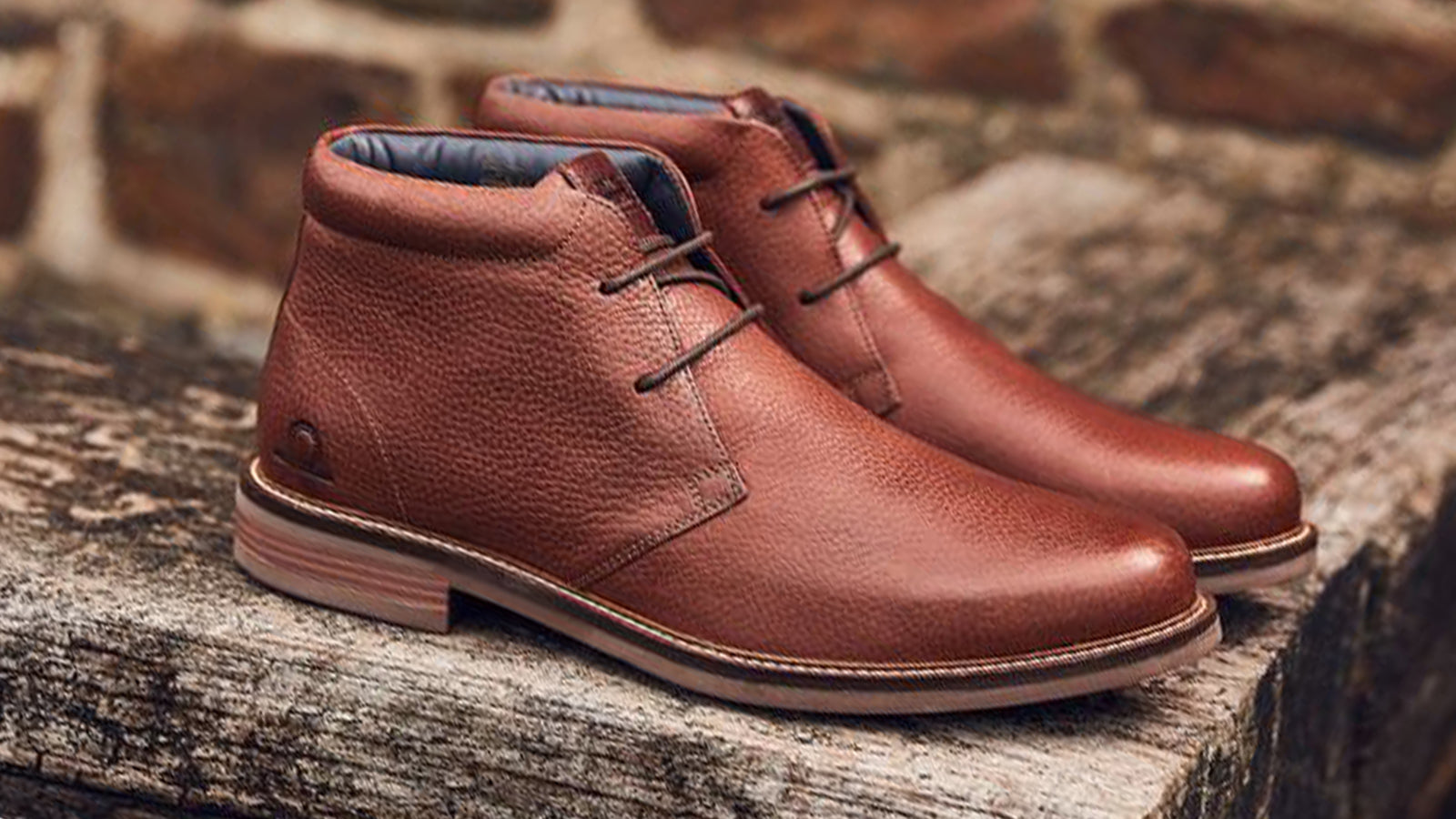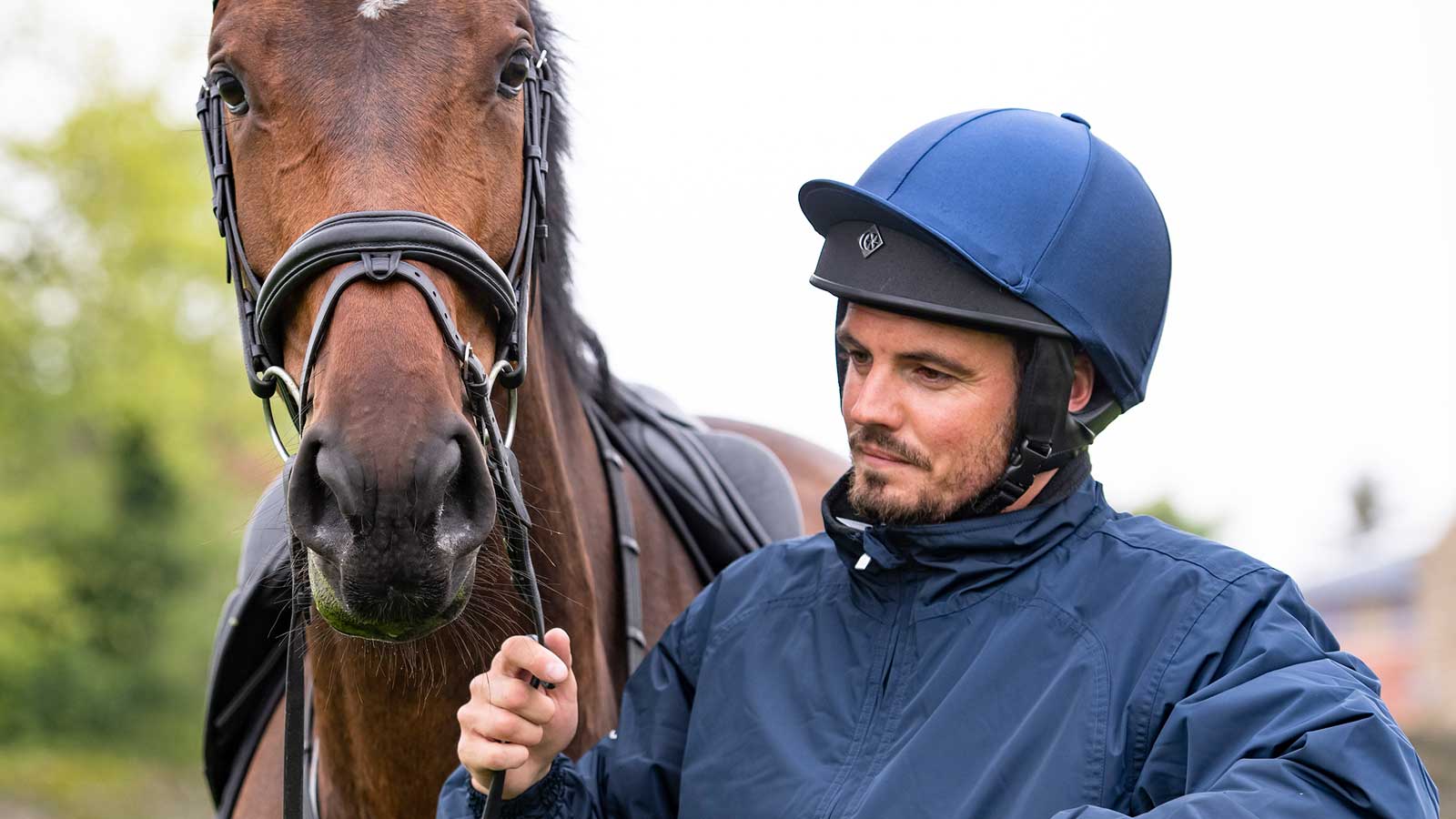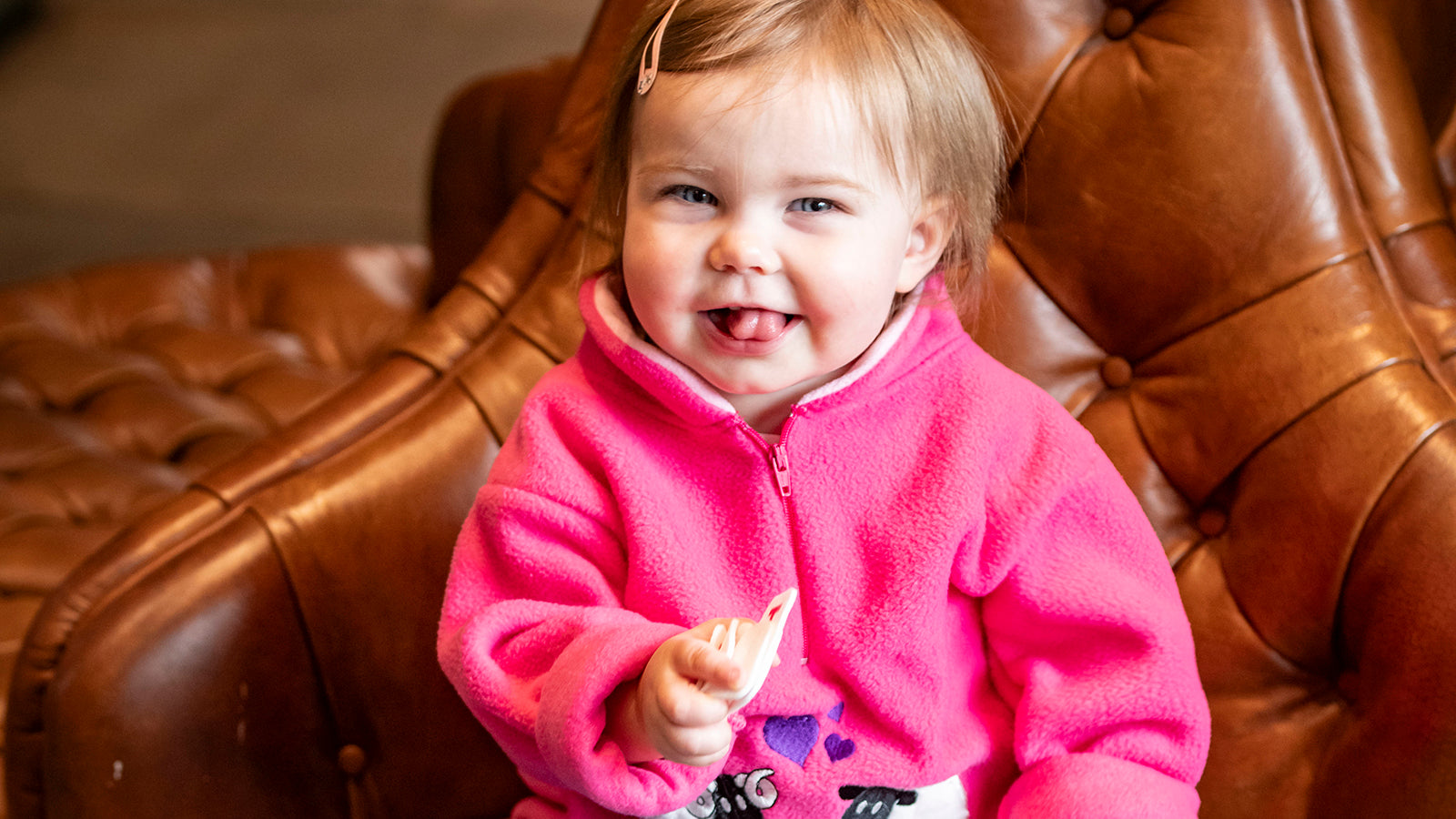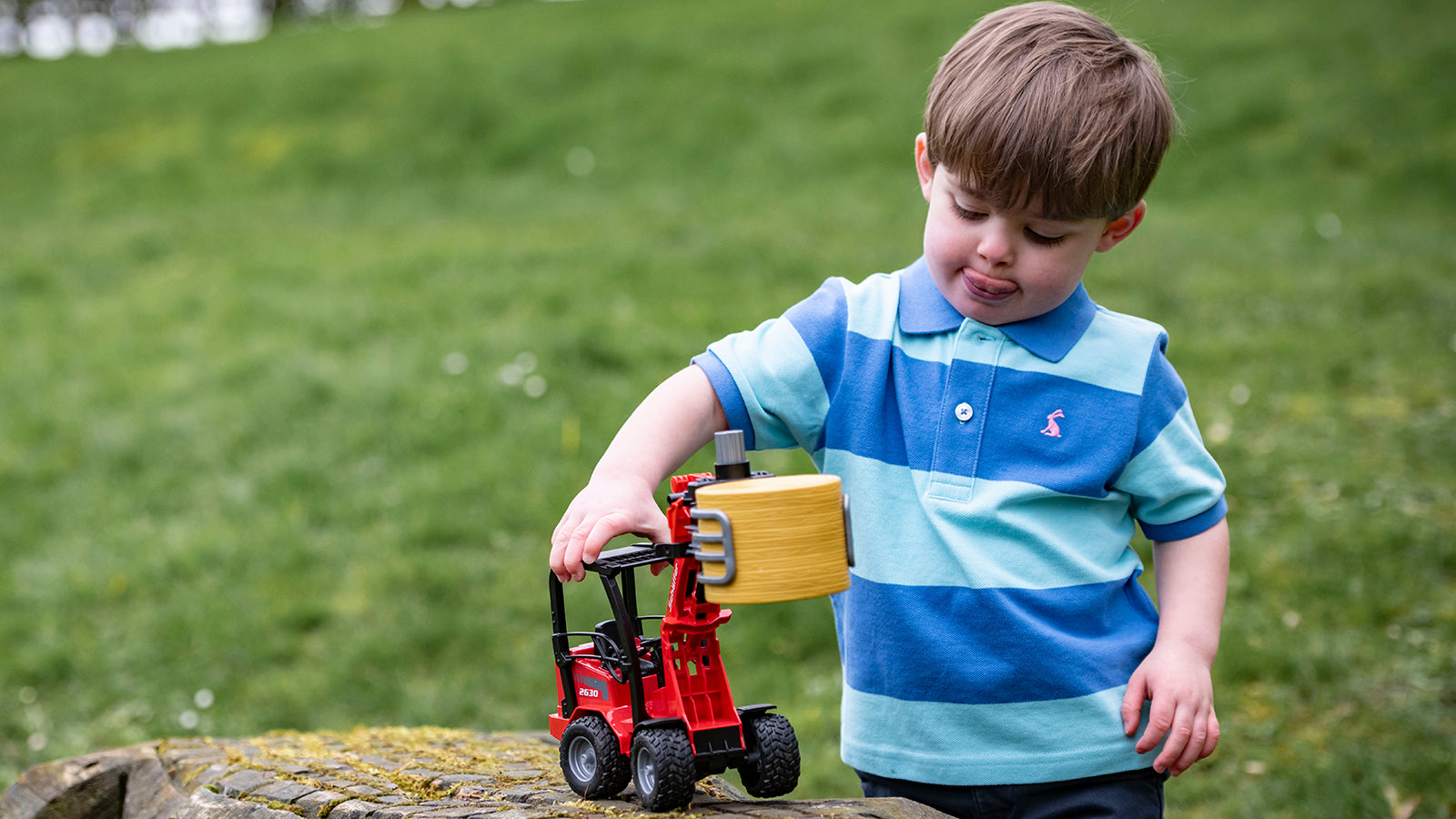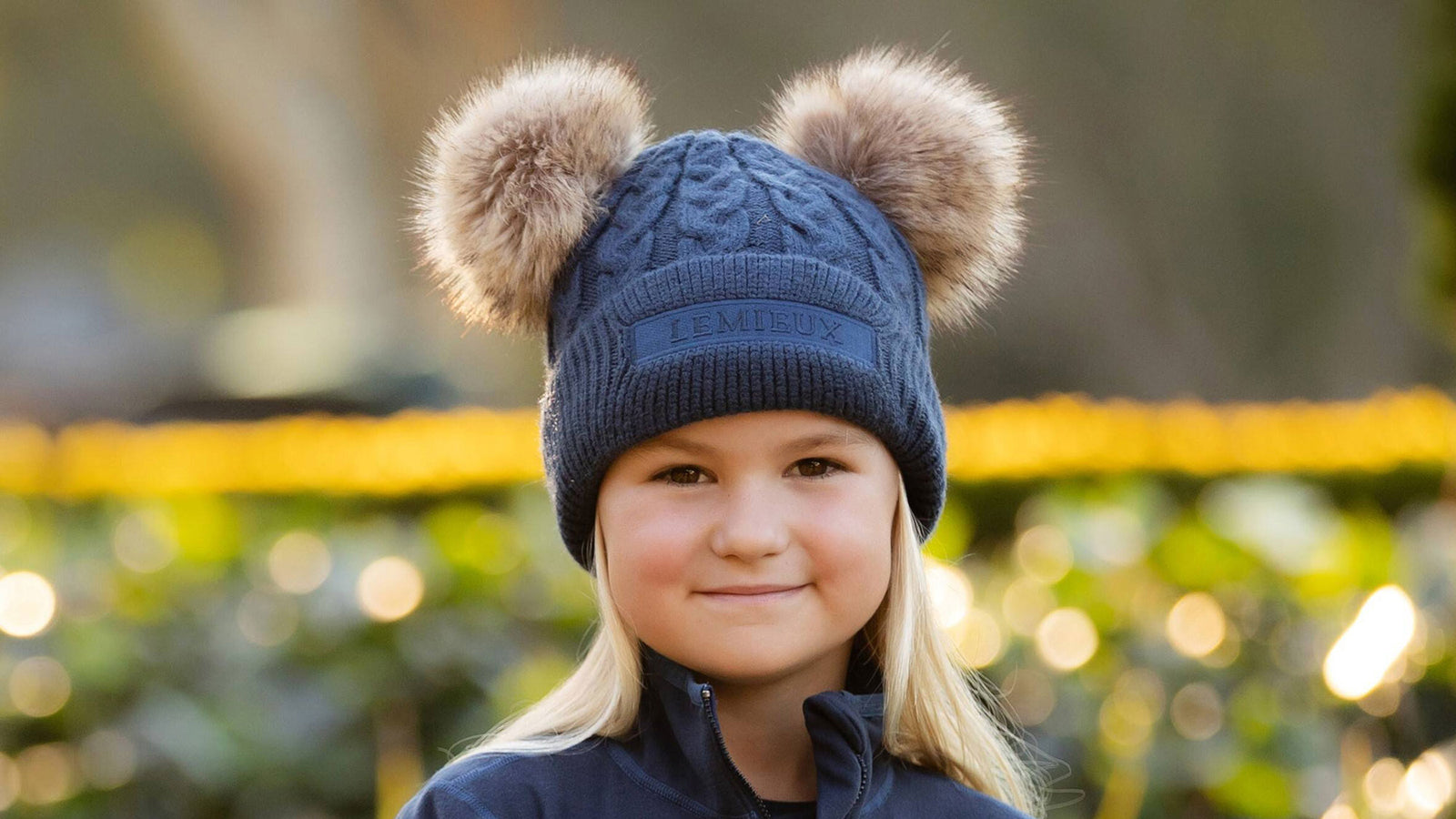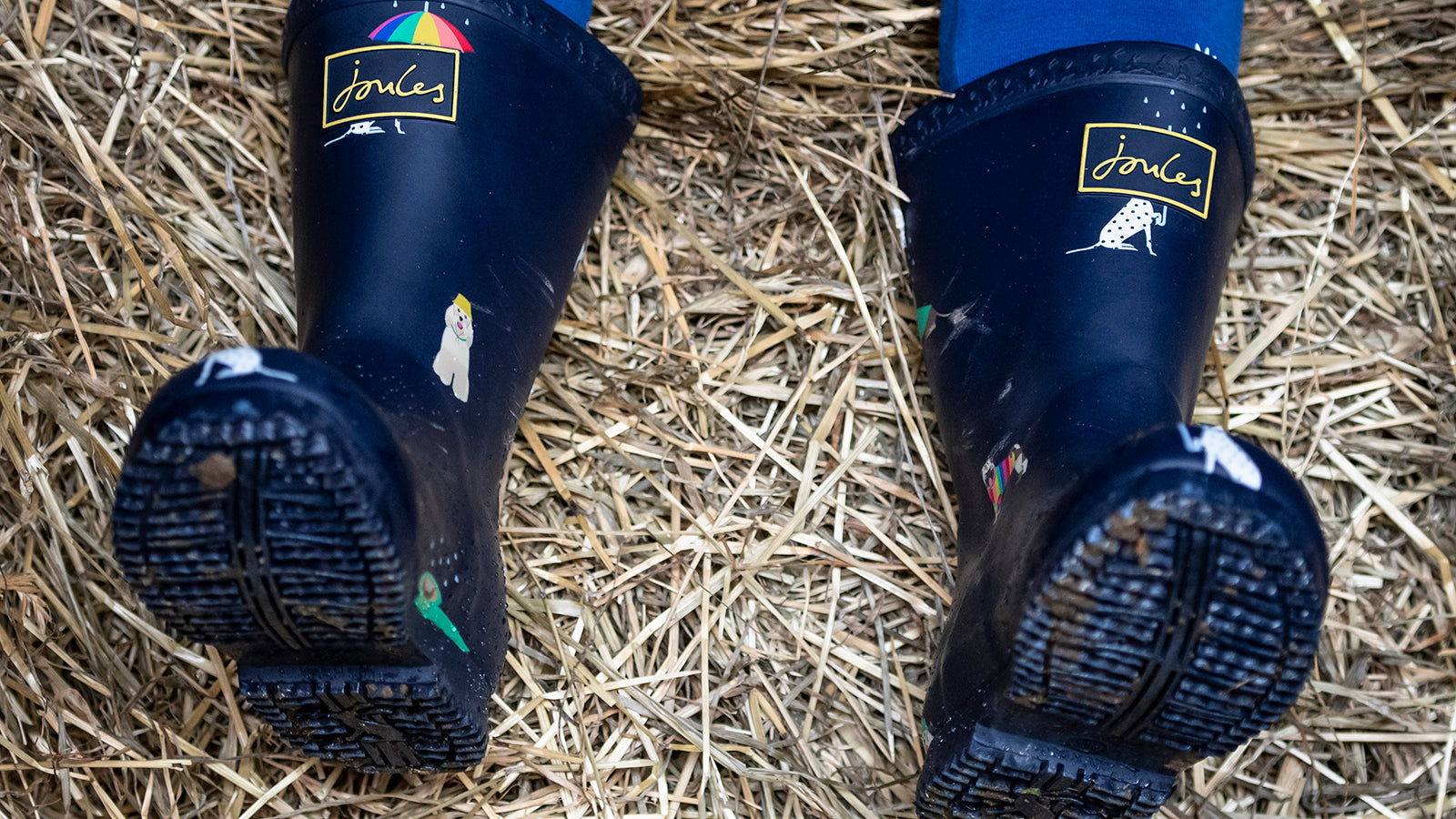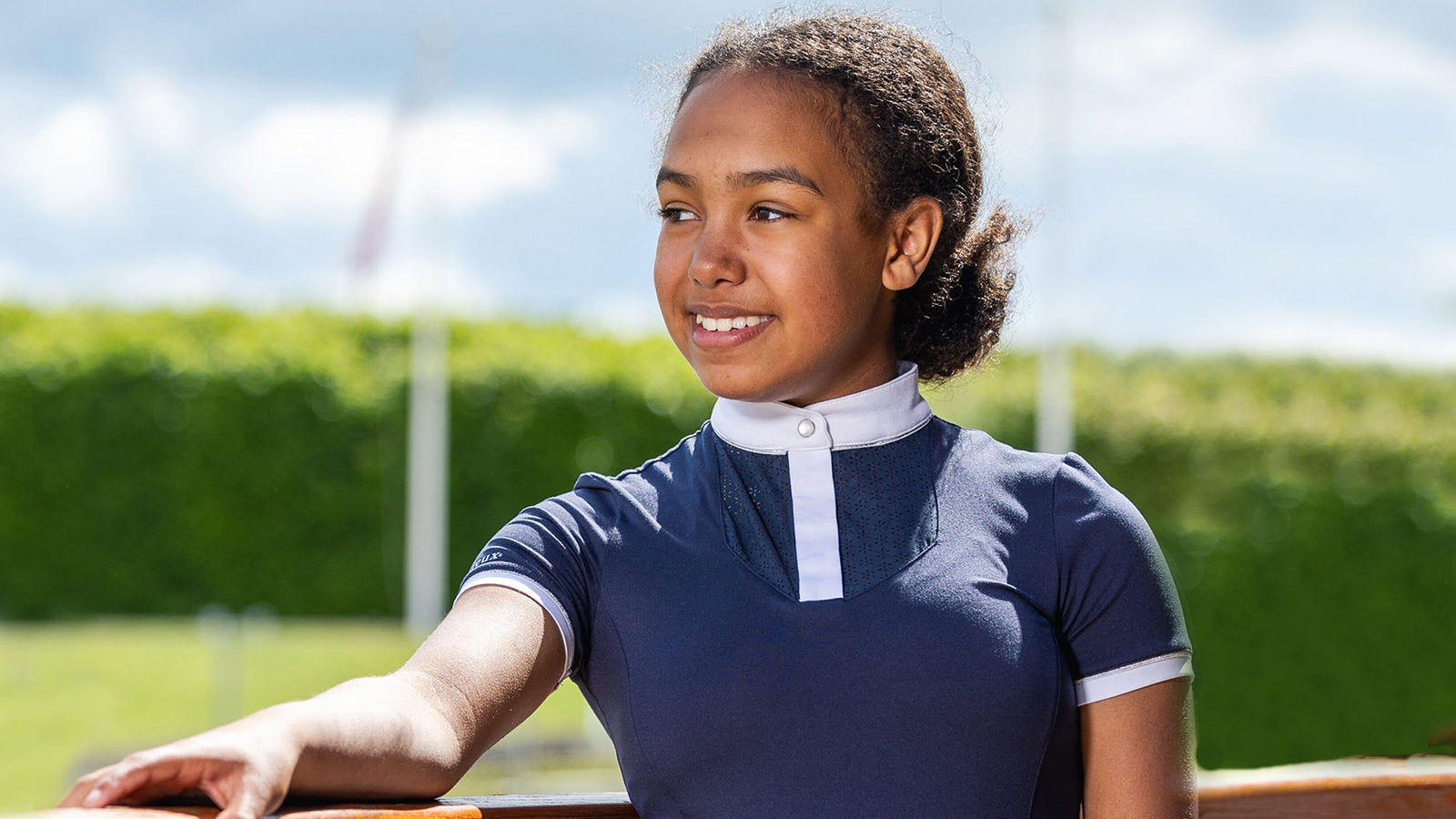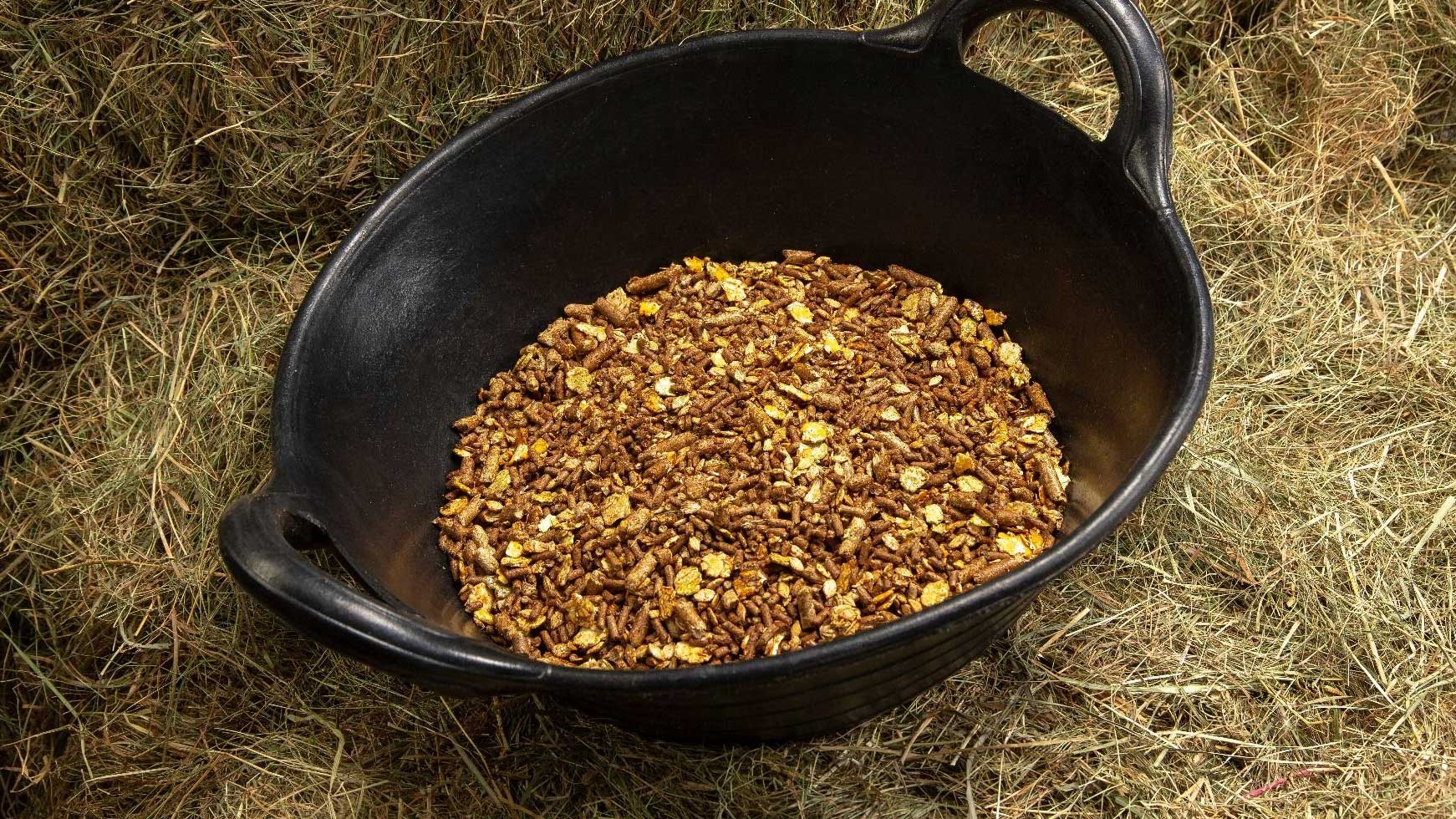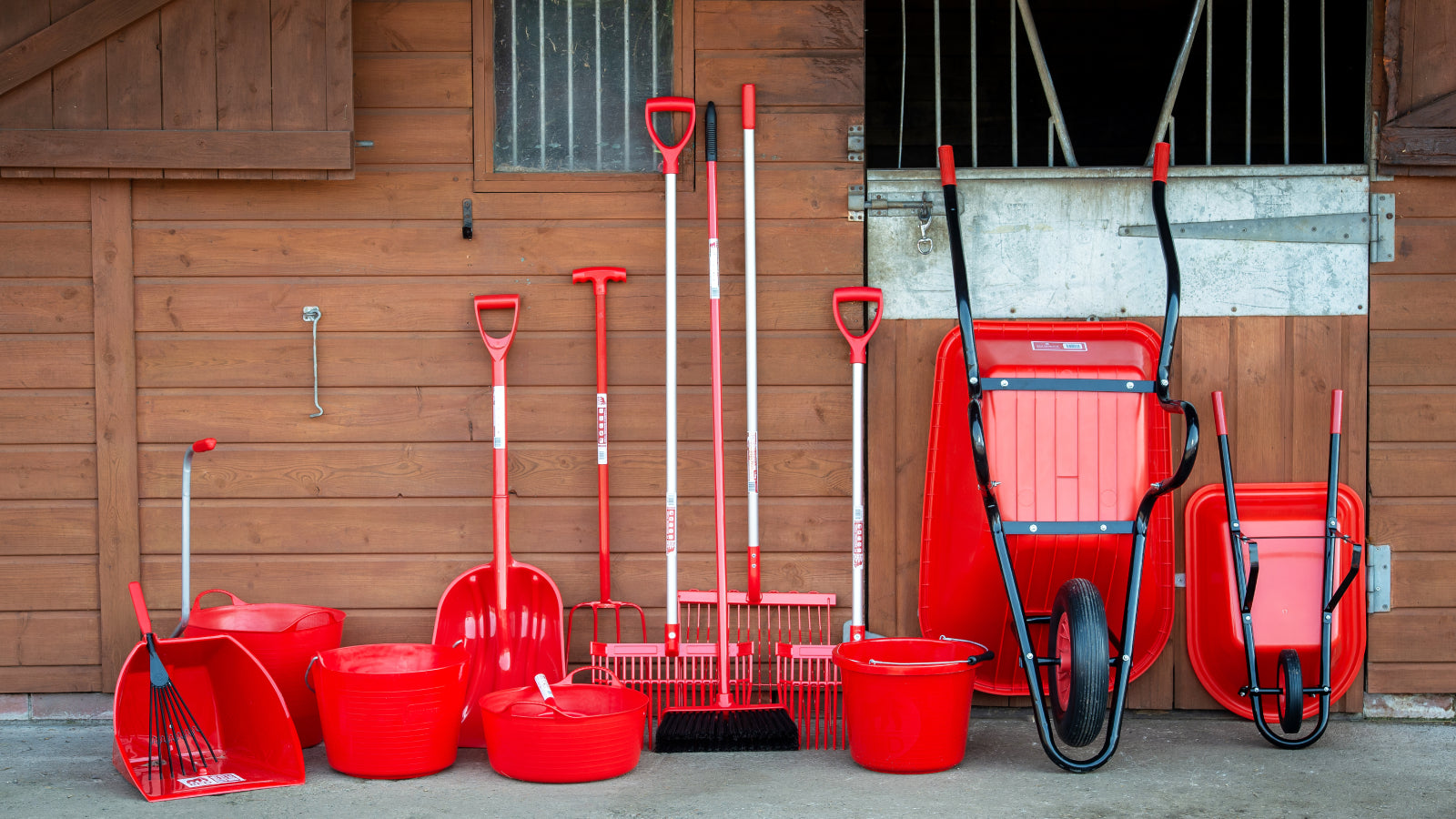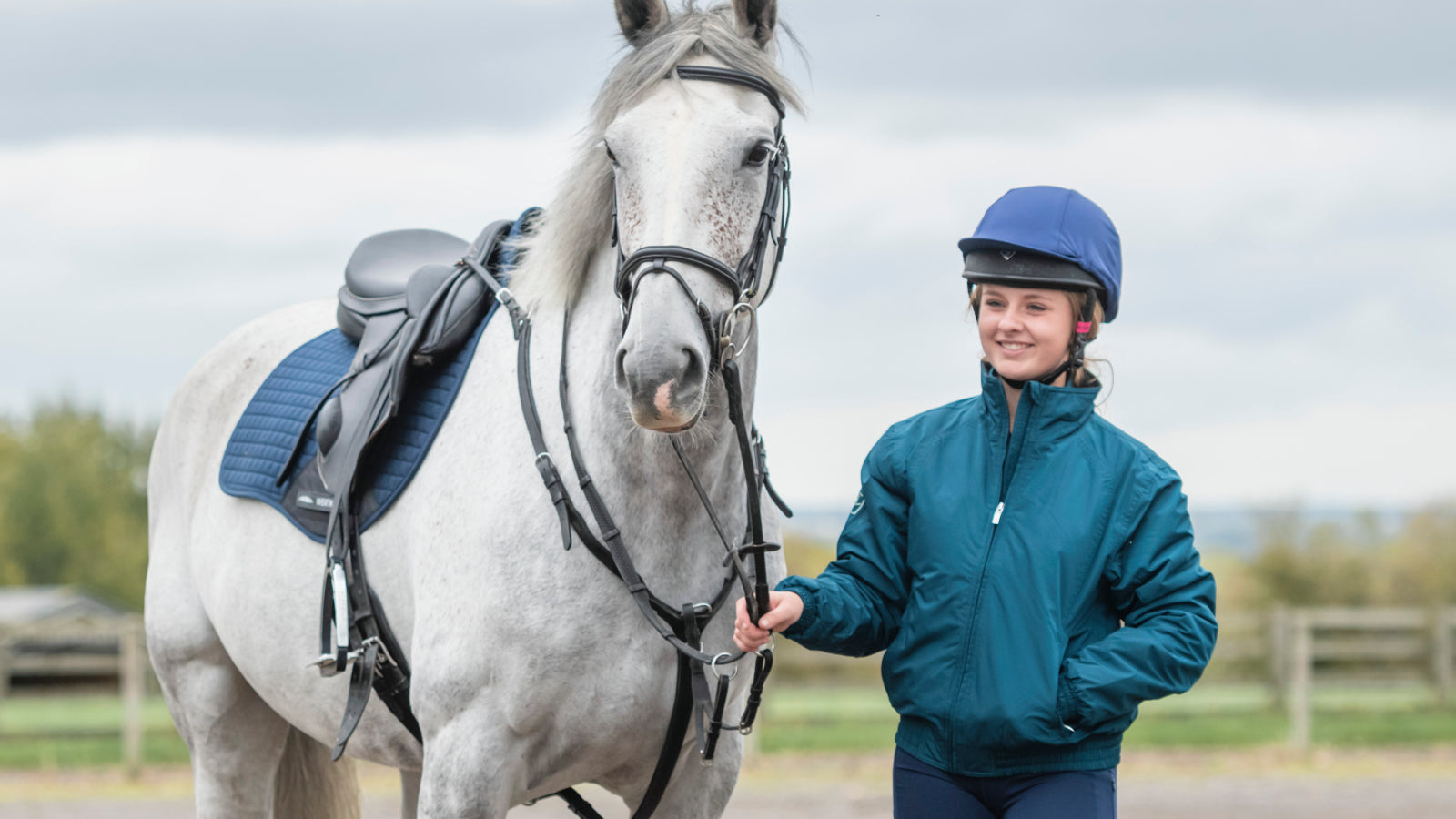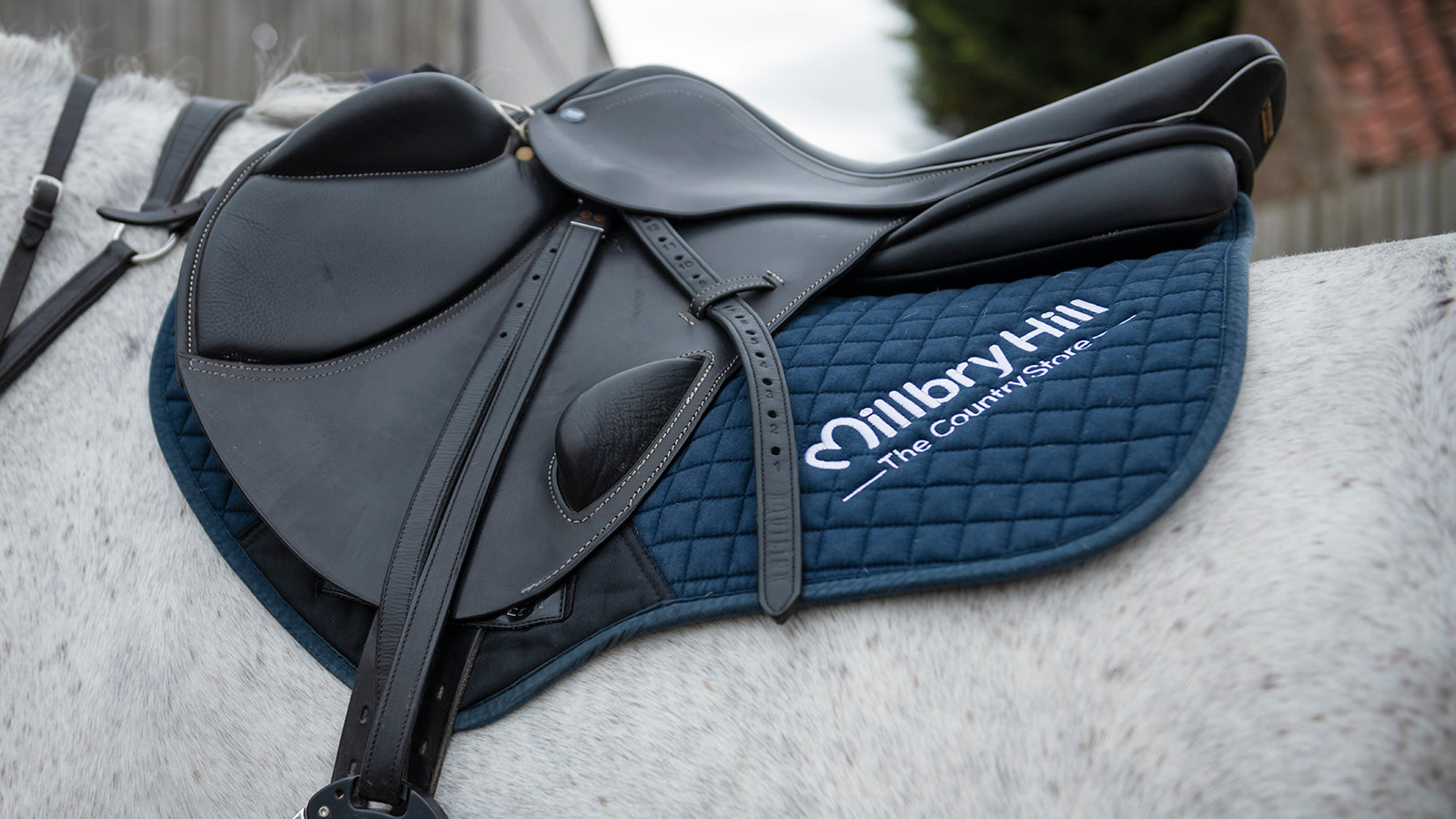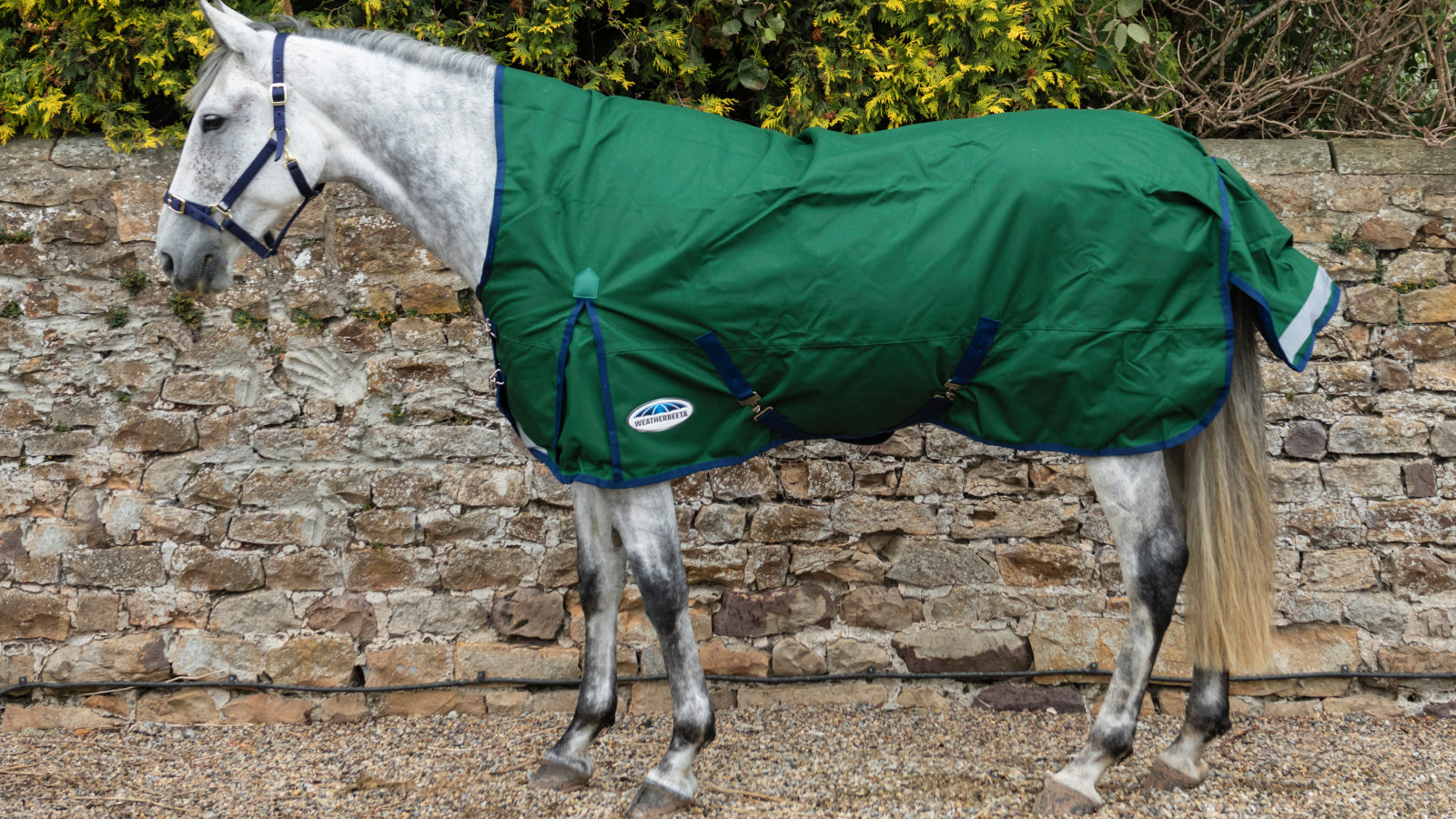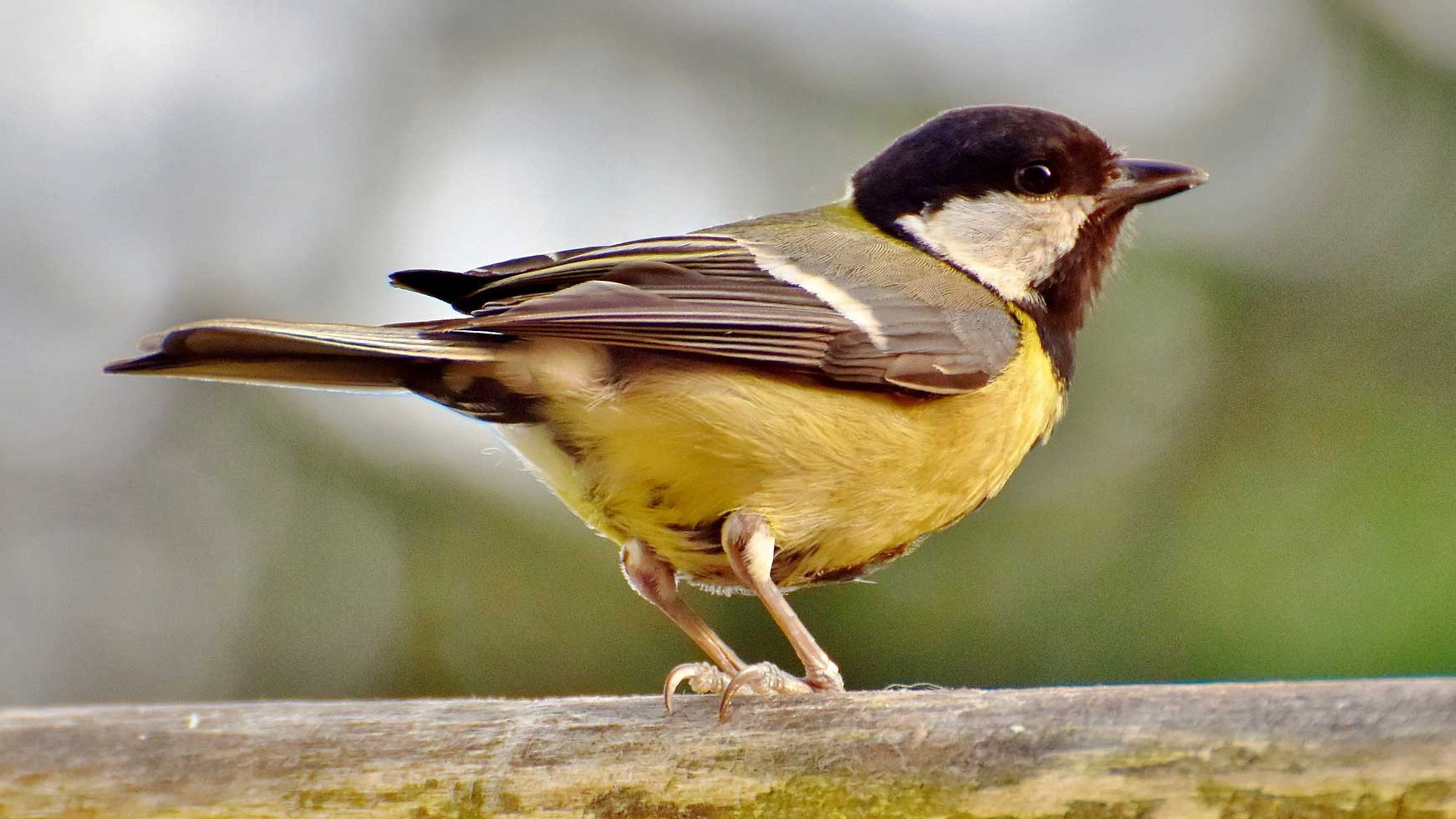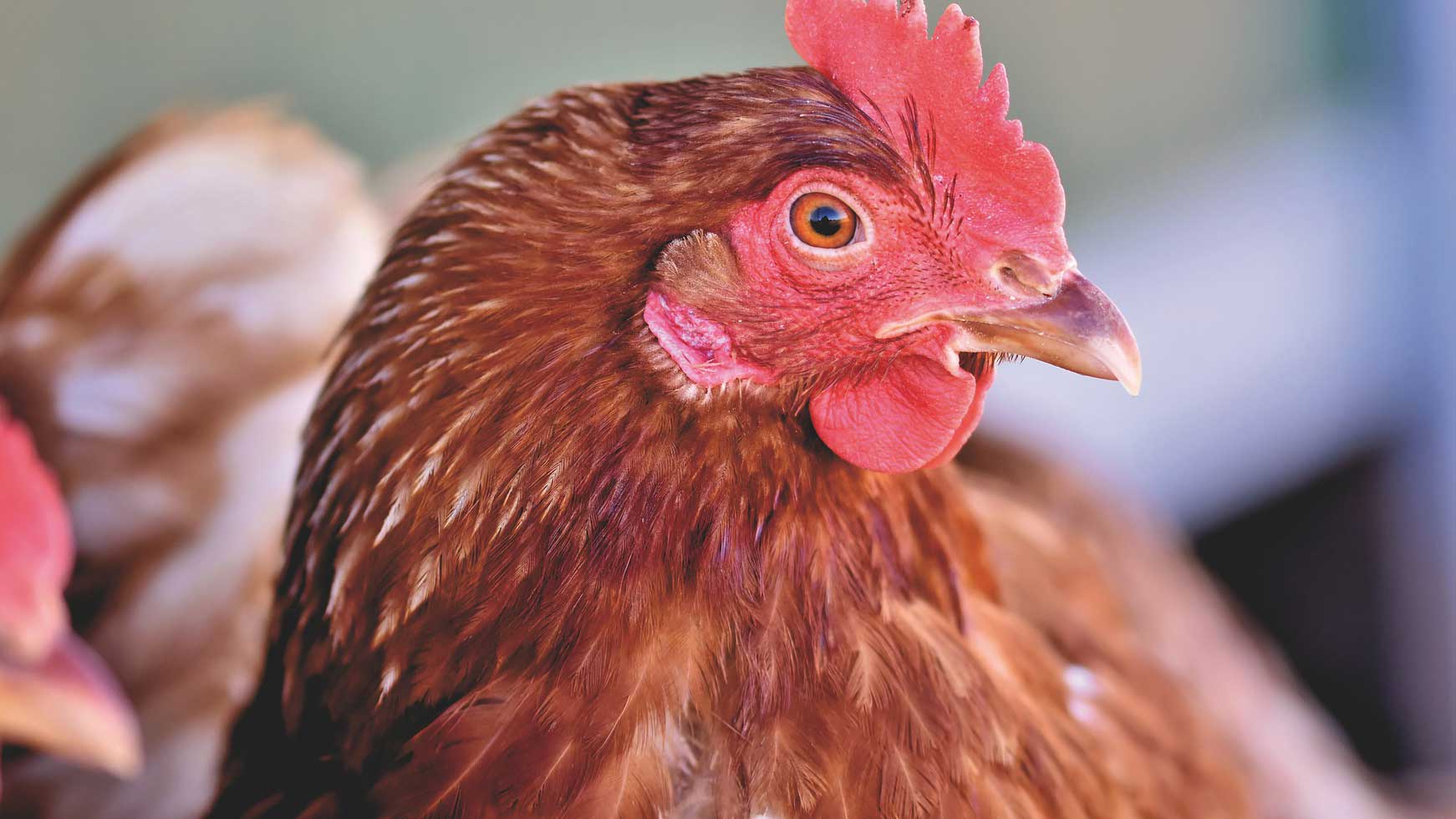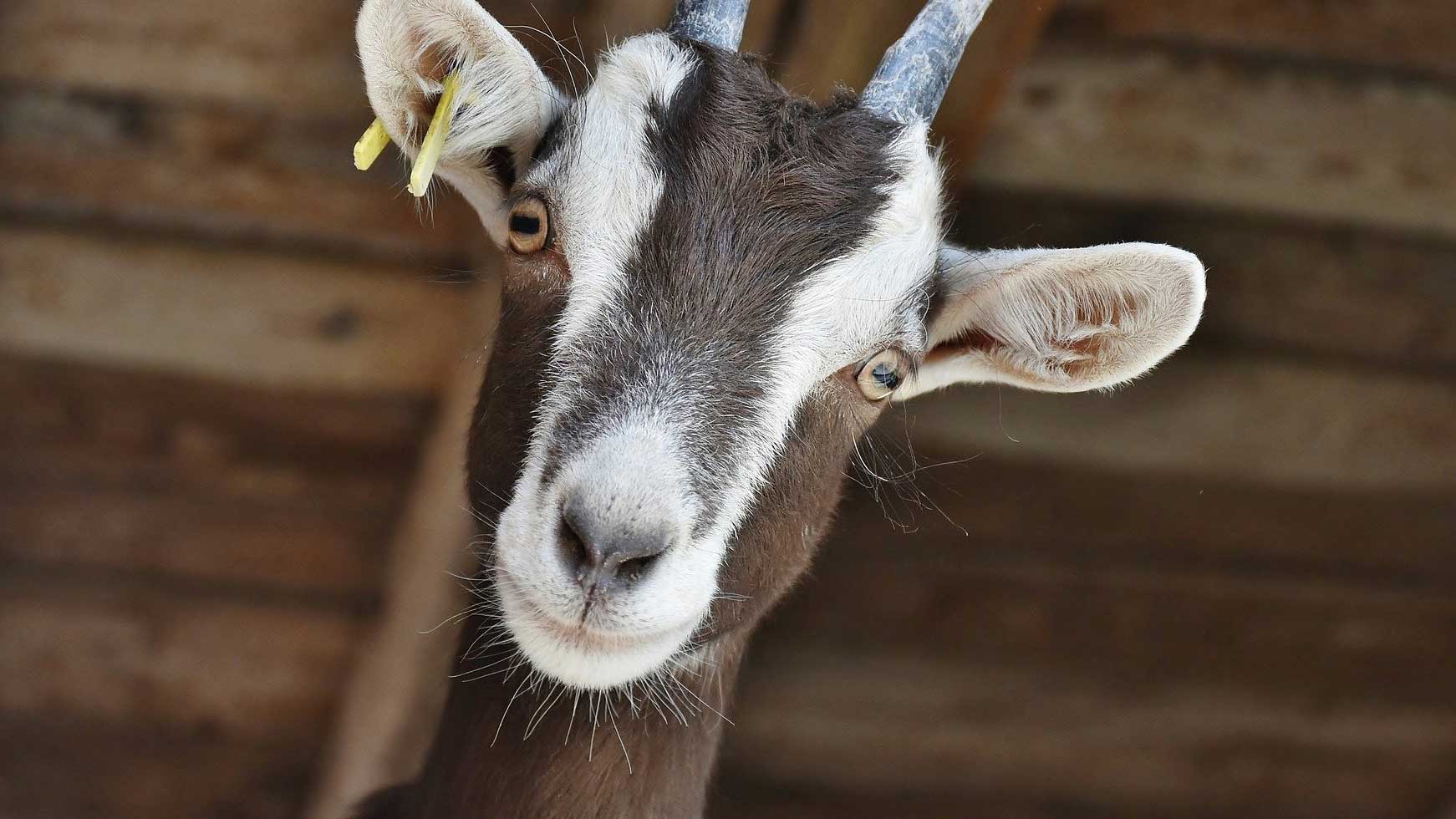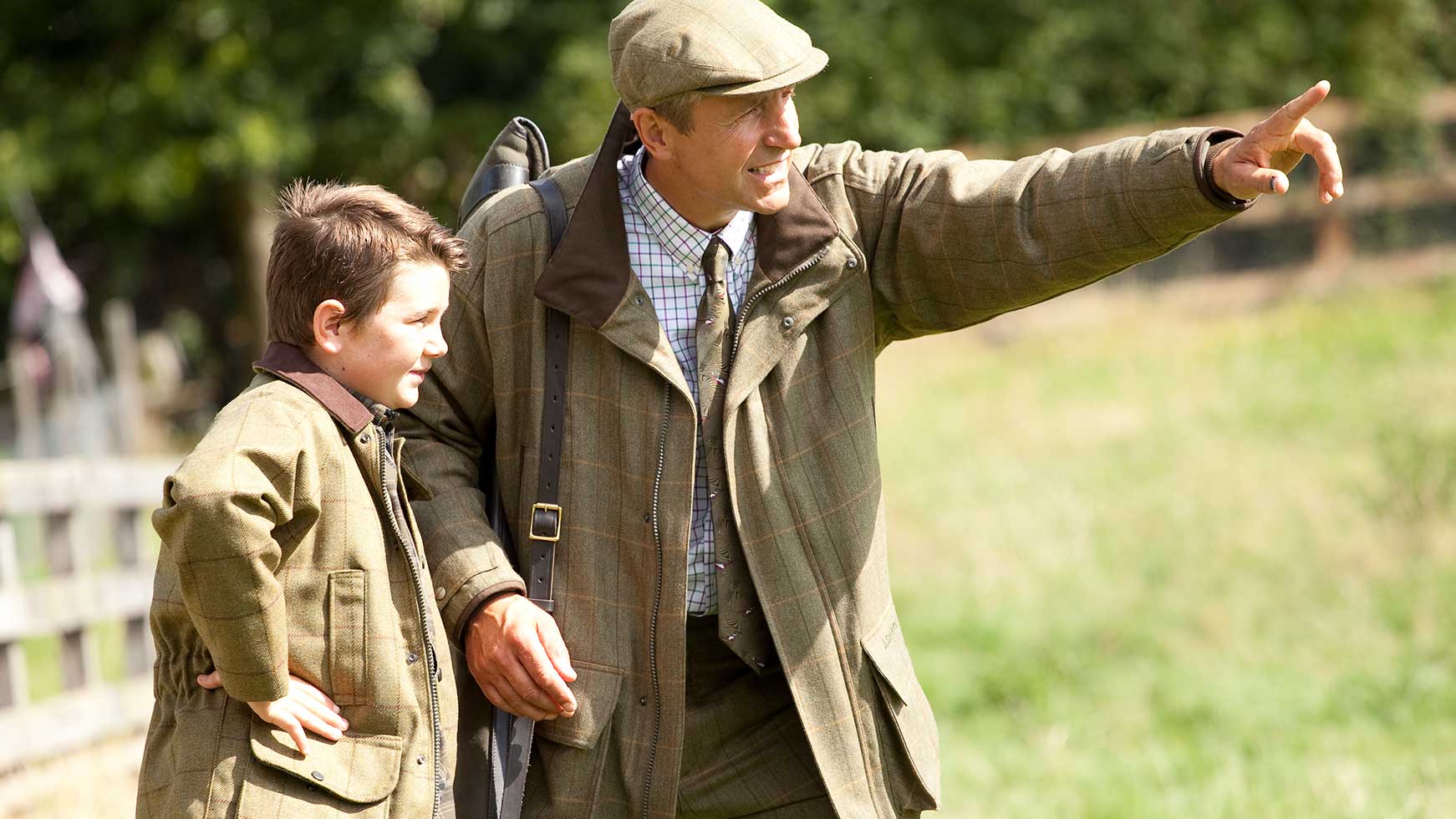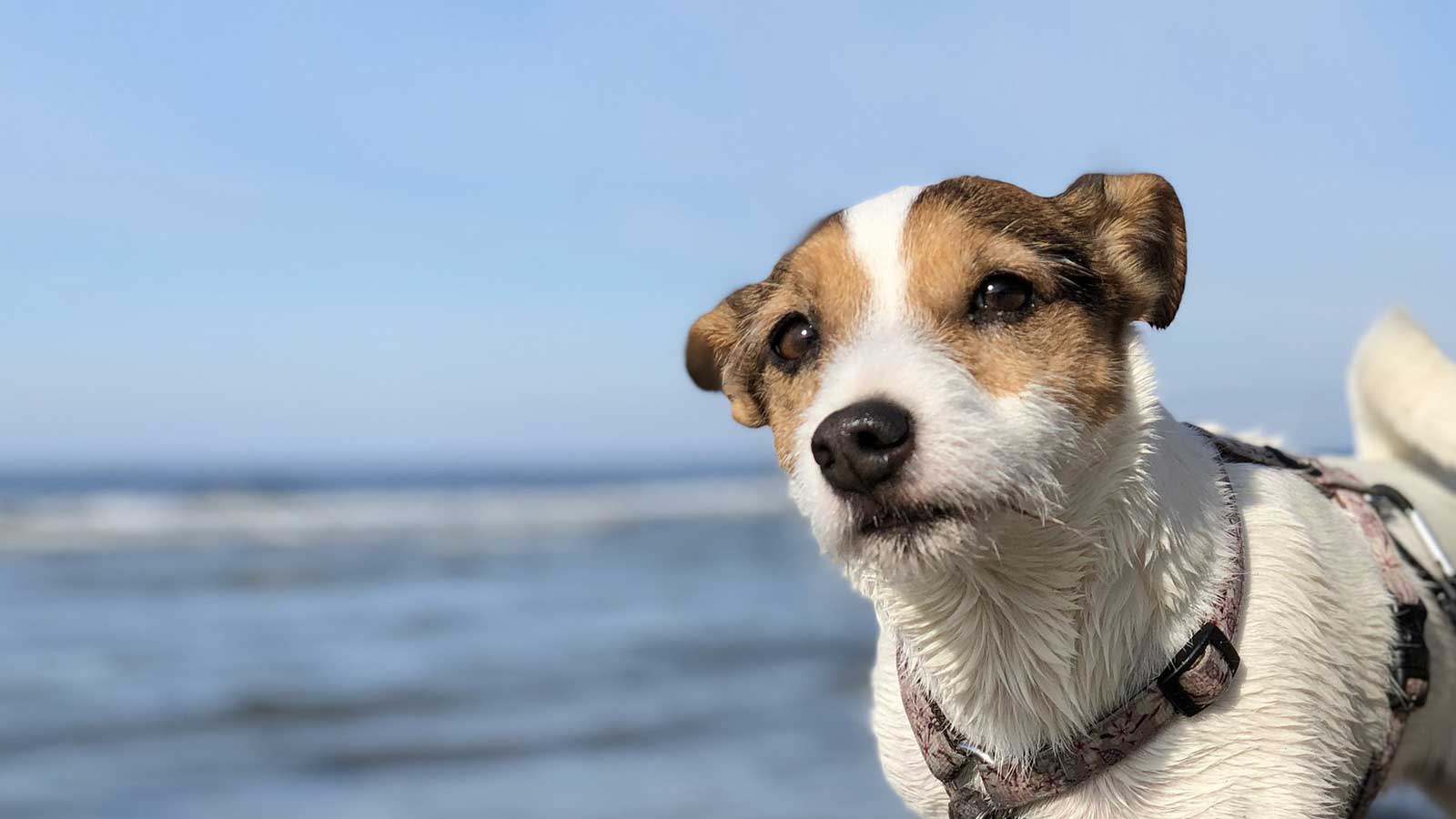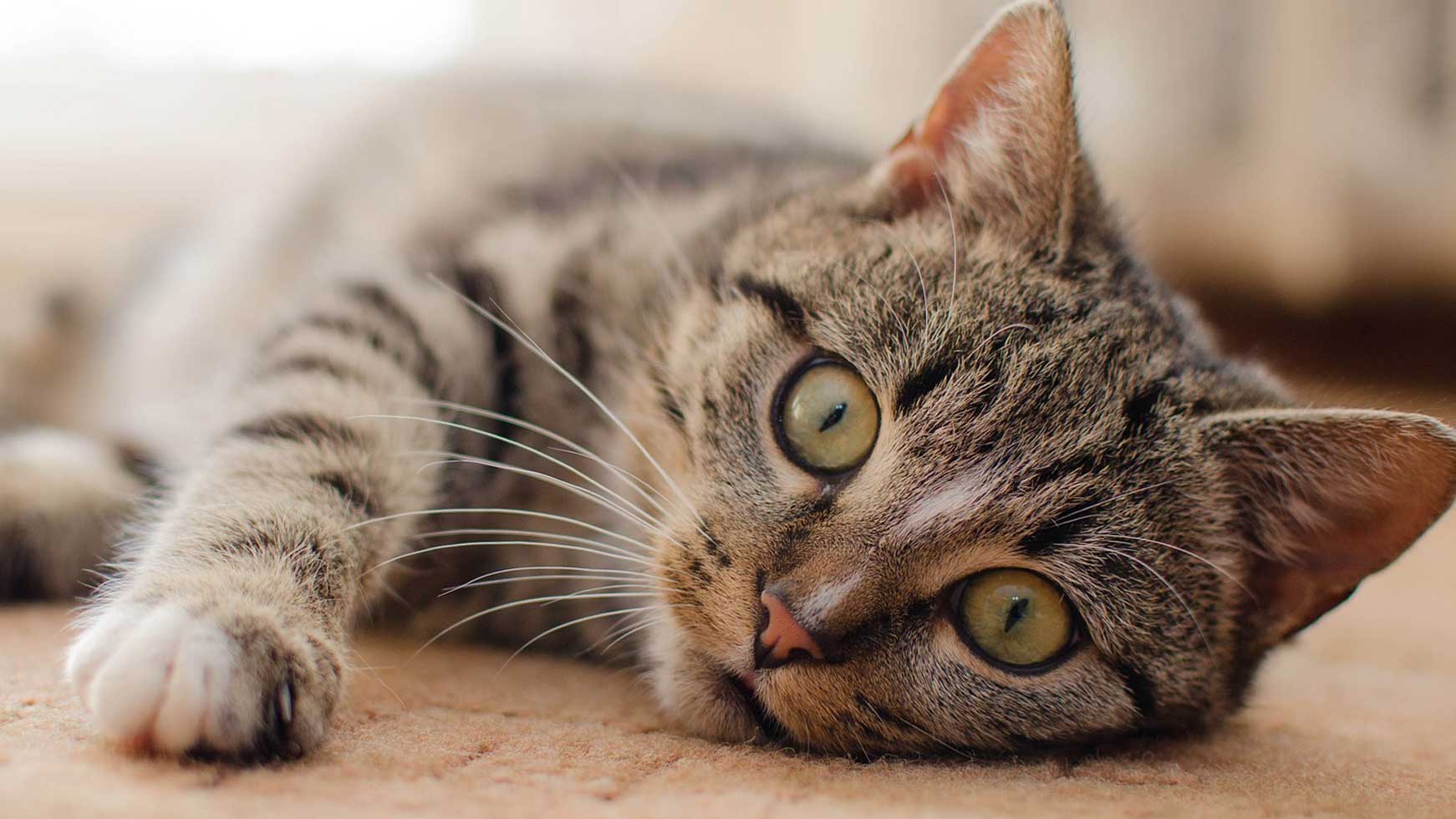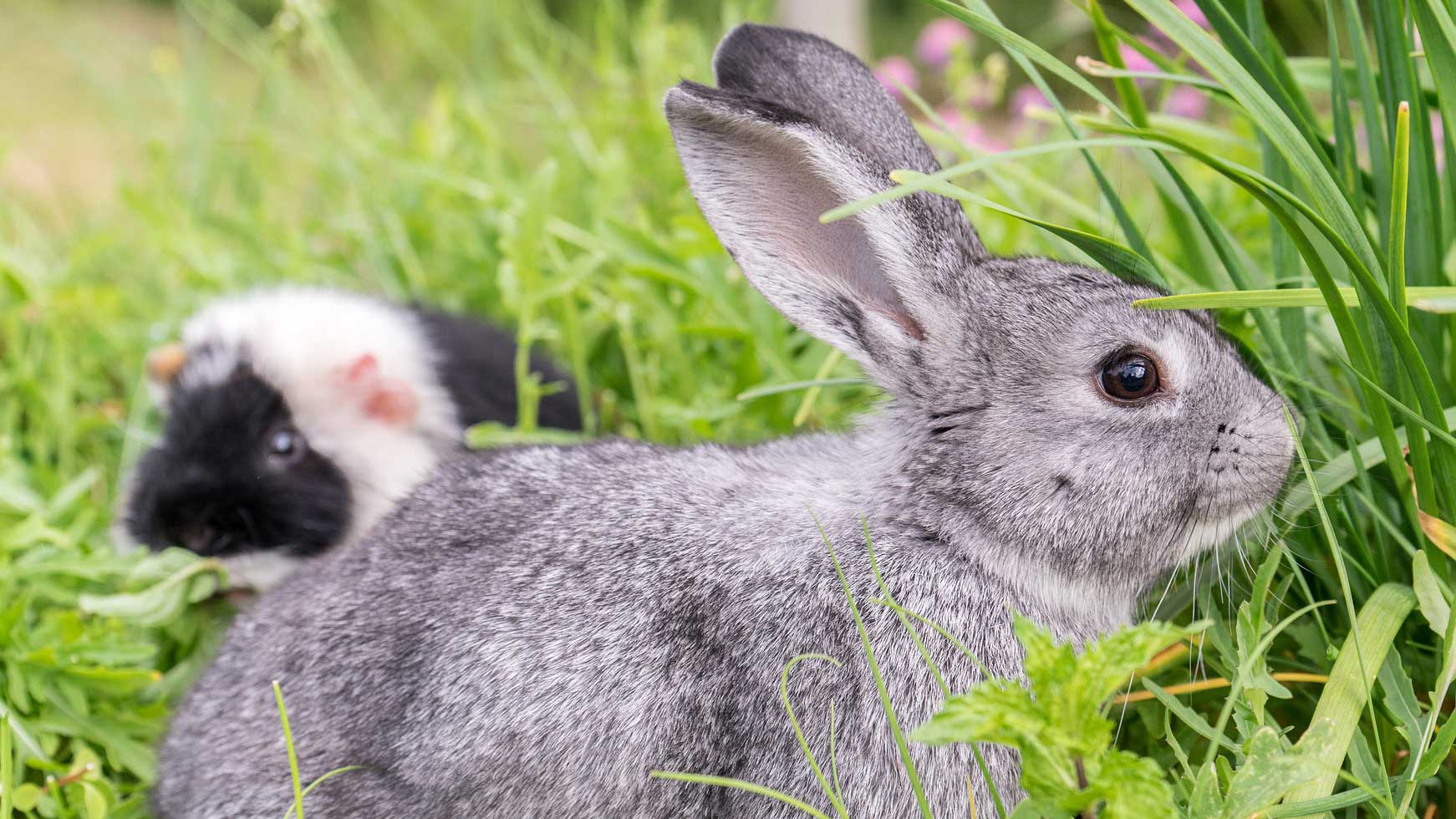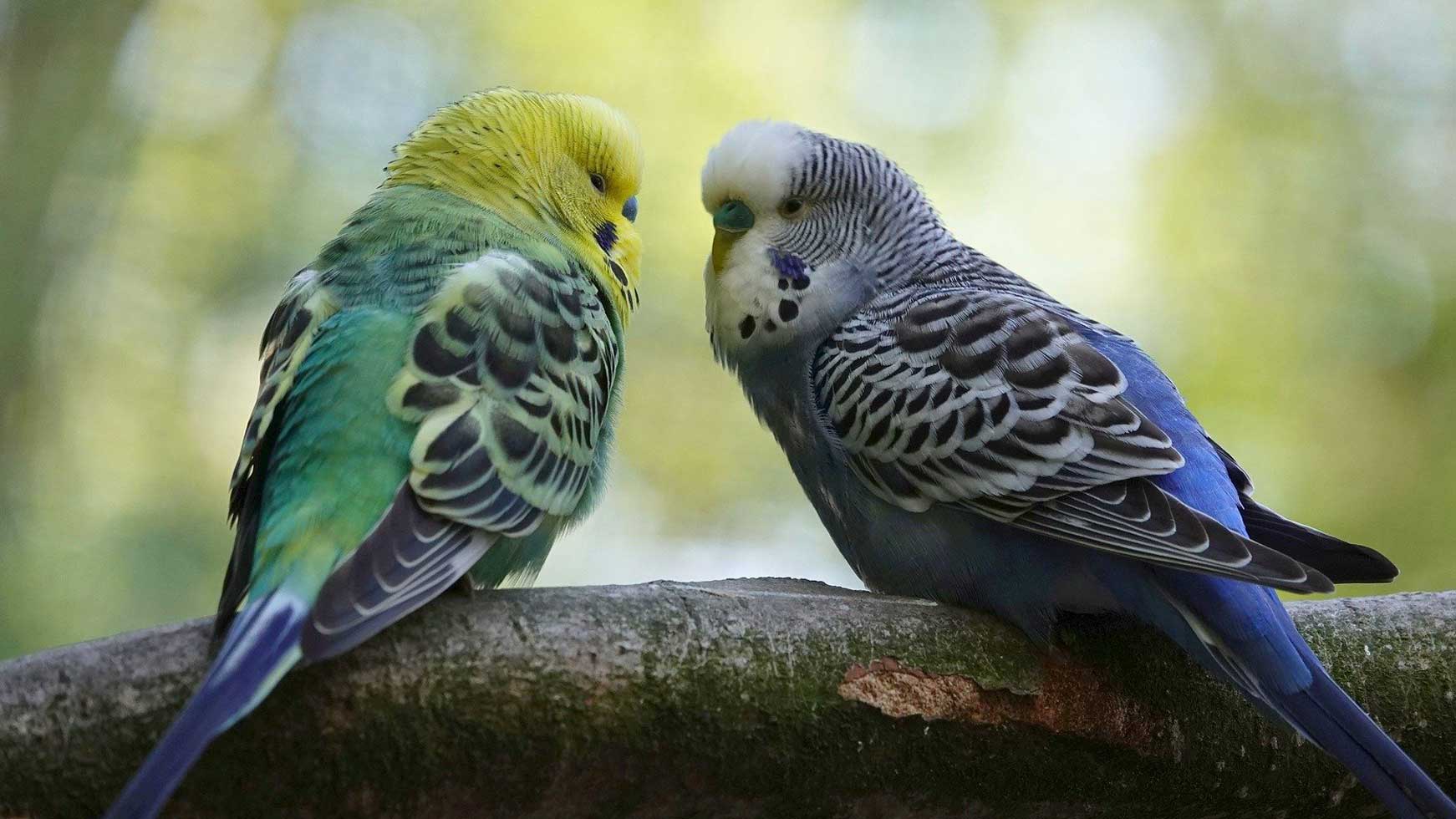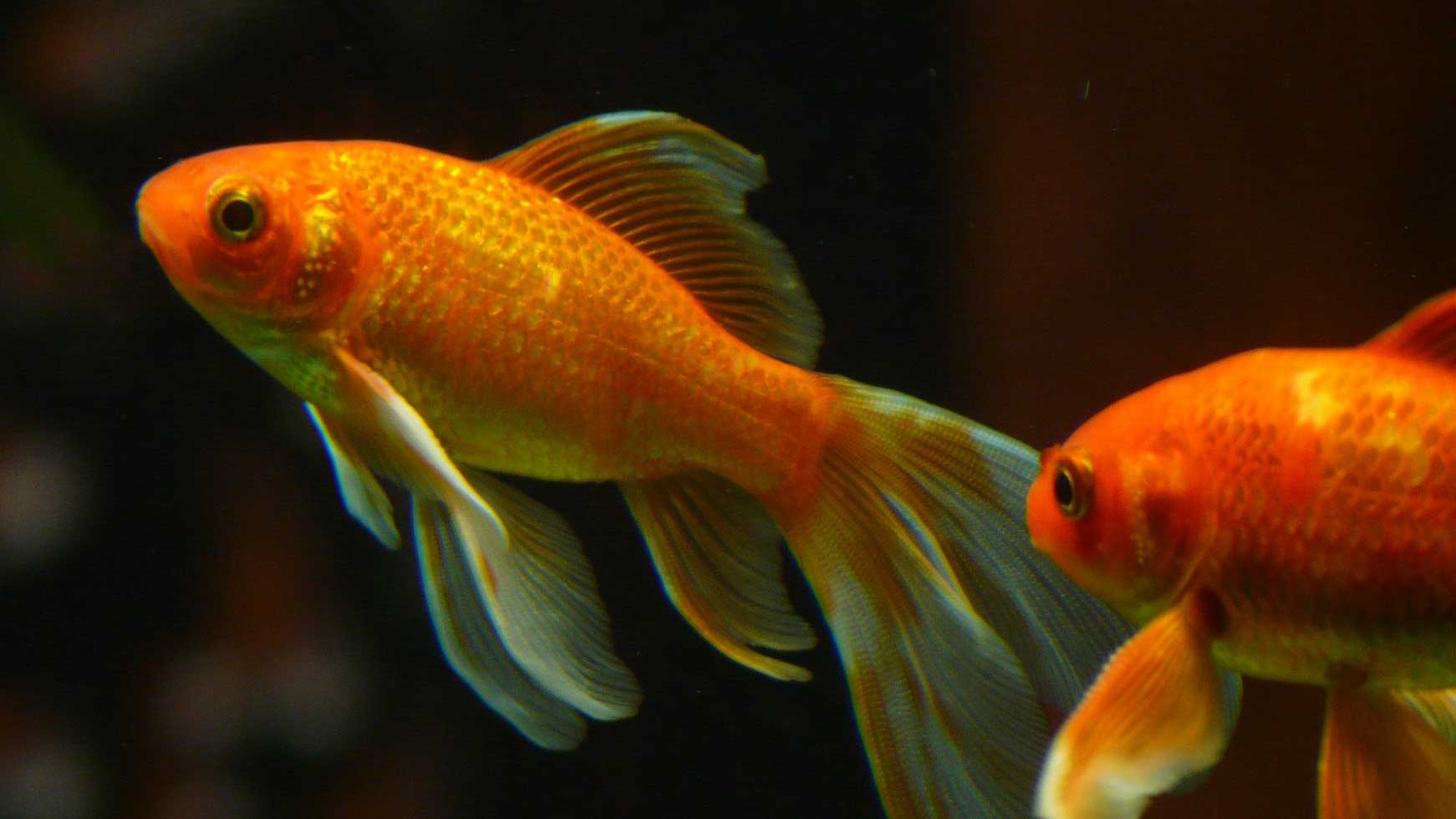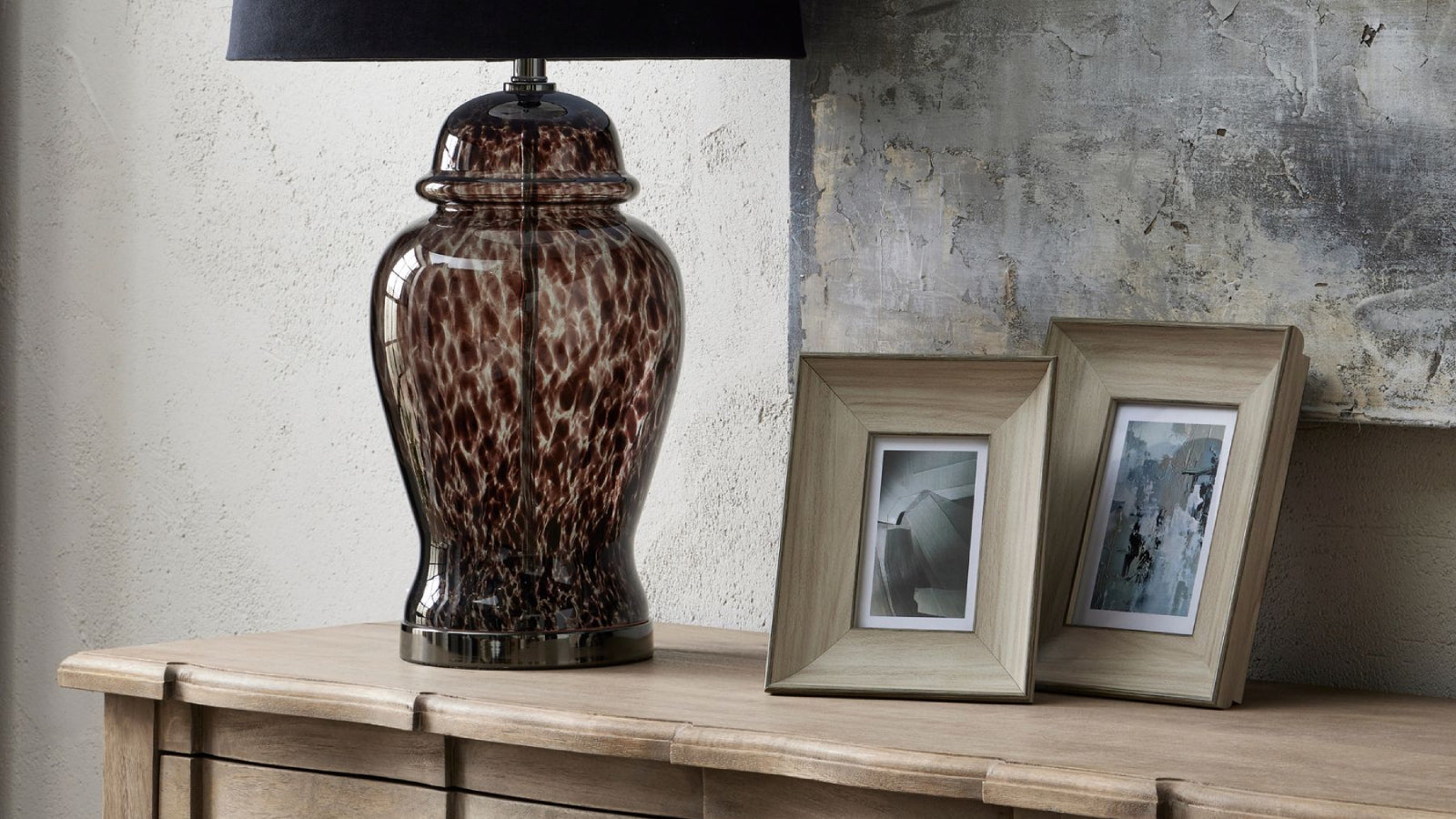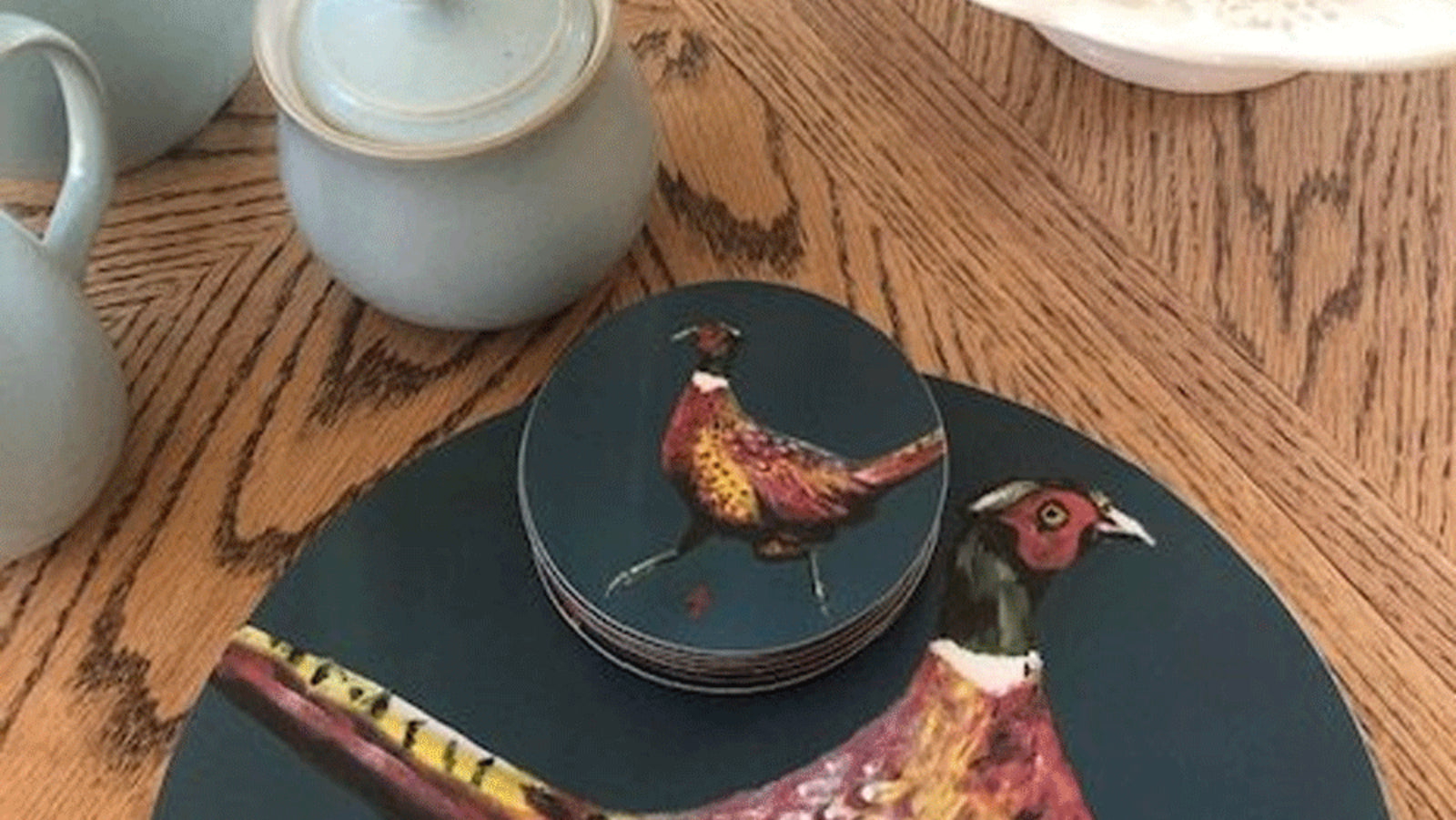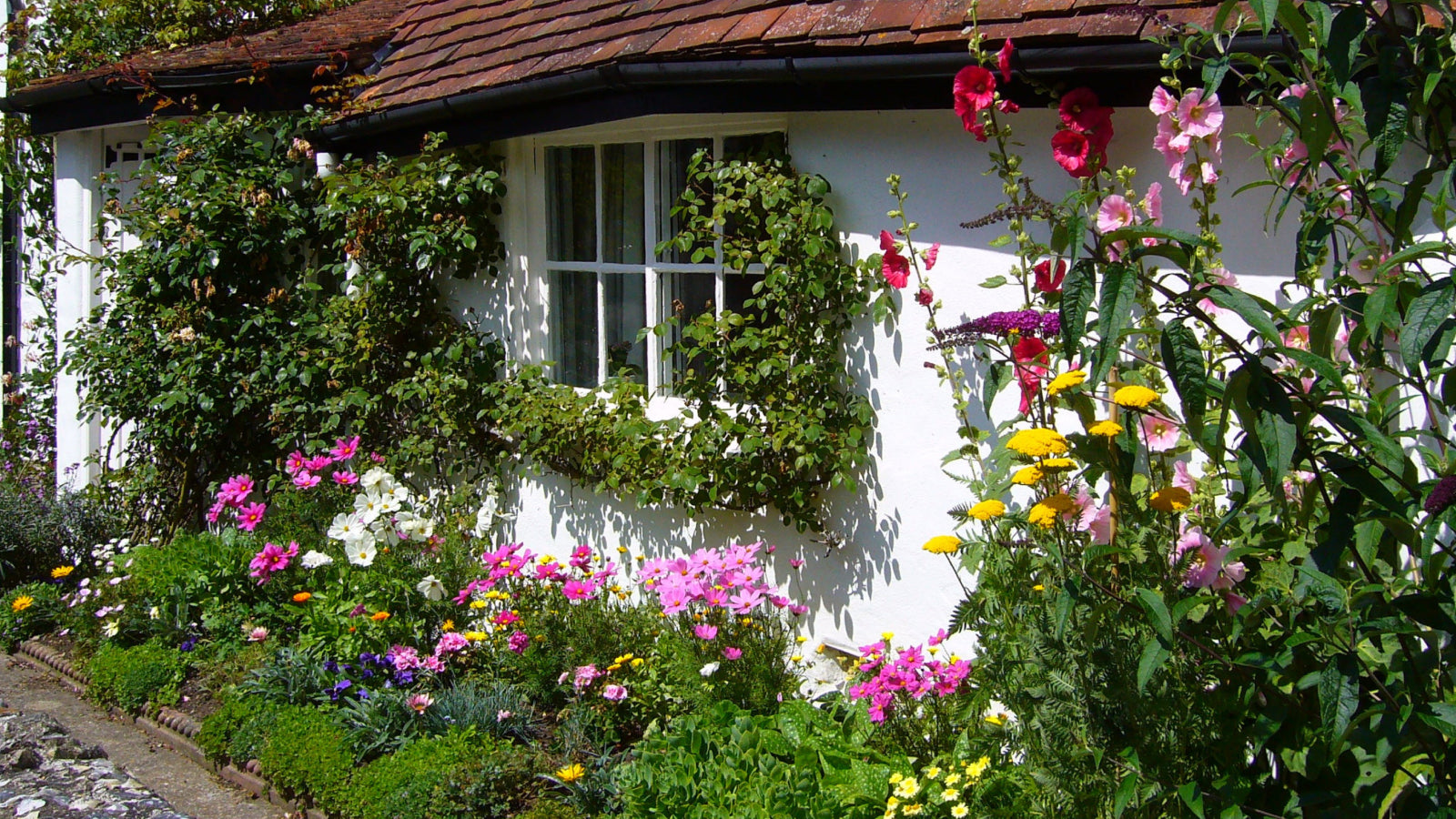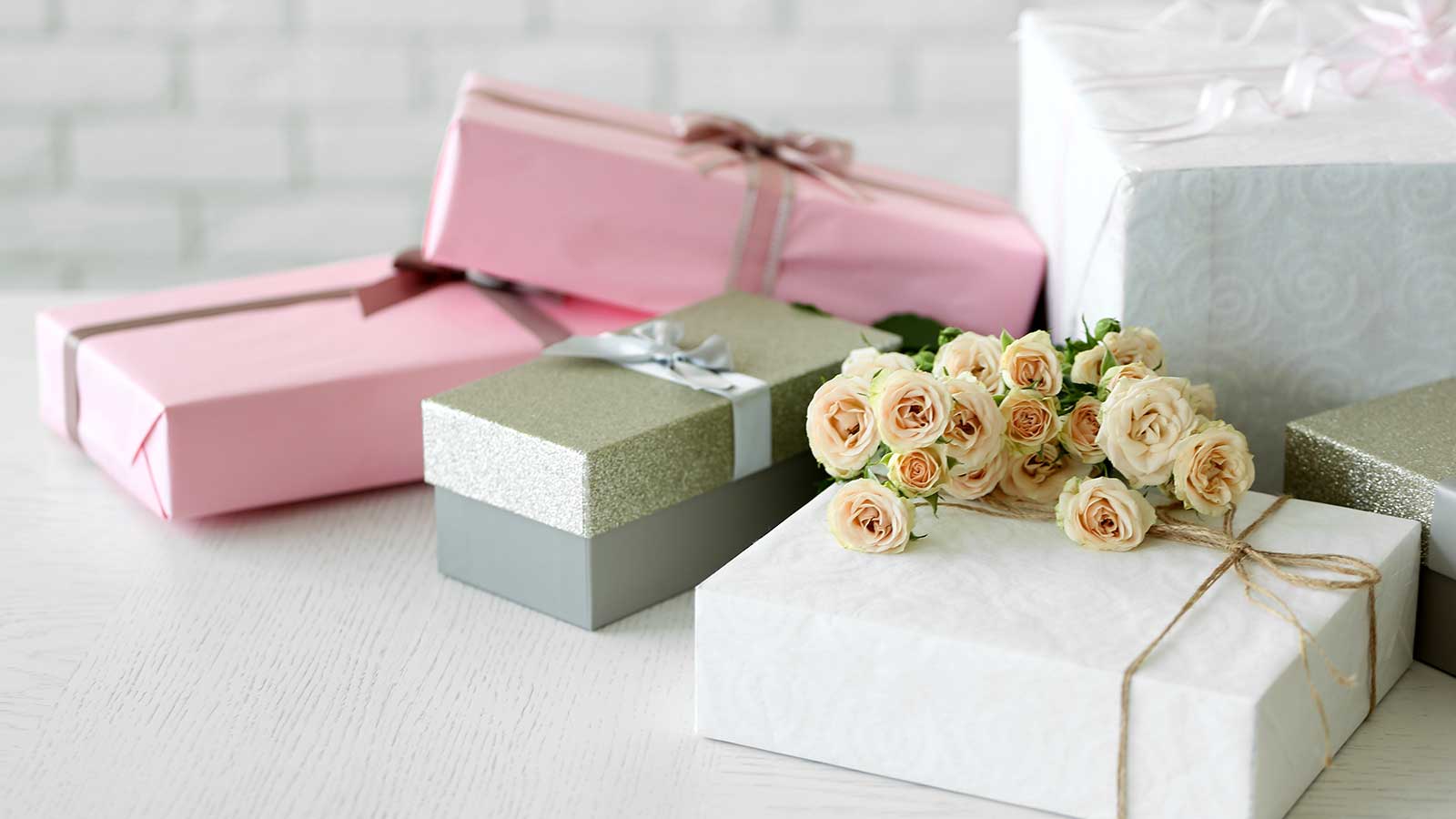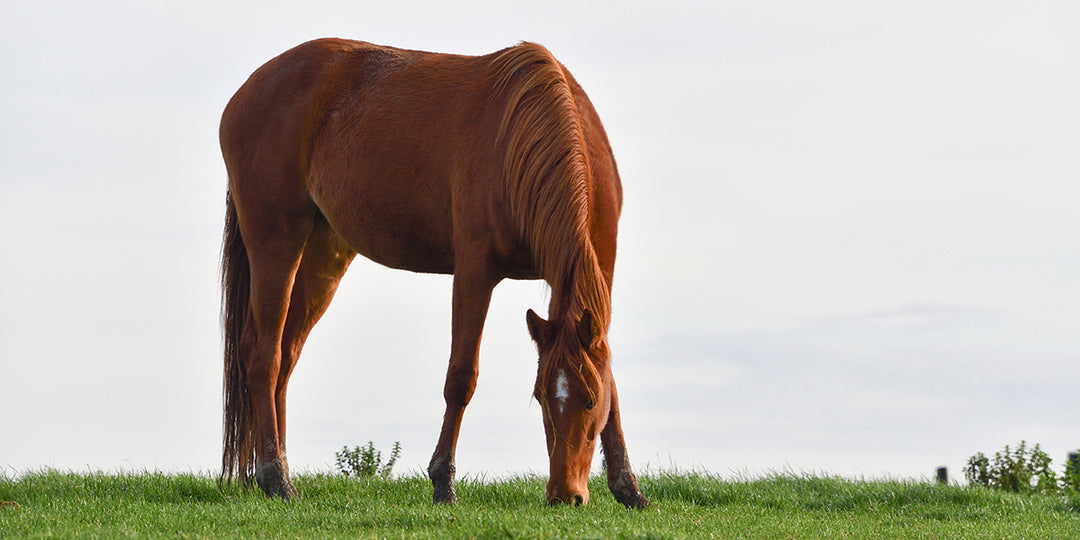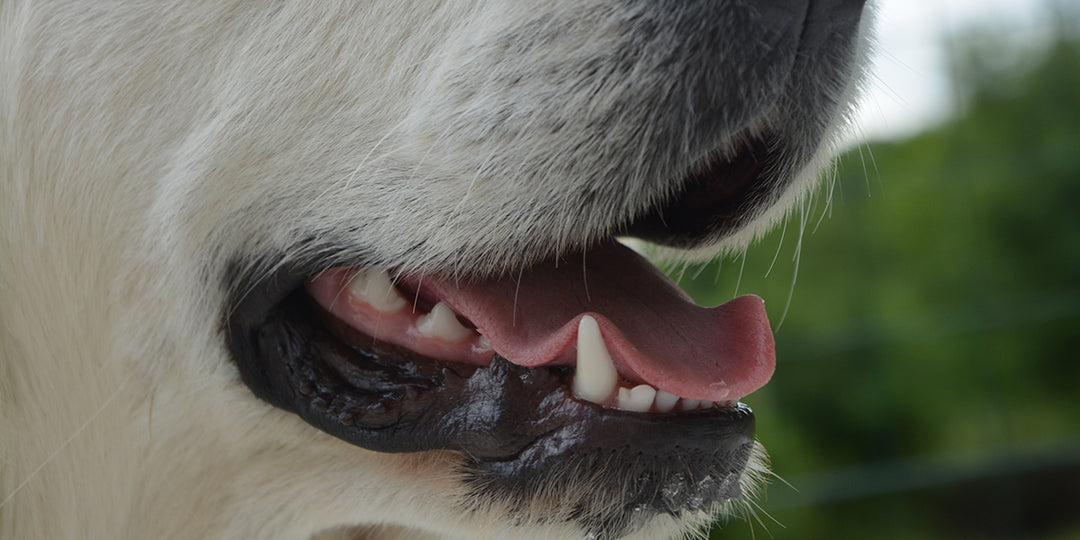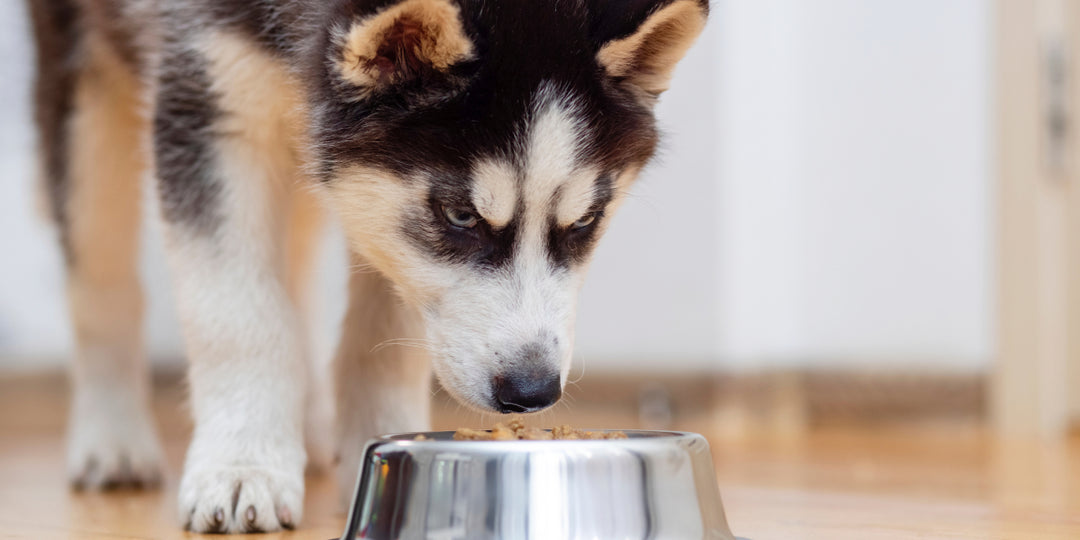How to Socialise your Puppy
Getting a puppy is an exciting addition to your home and life. They are a huge commitment and the first year of their life is arguably the most important. That’s when they develop a personality, learn habits and behaviours and how to interact with other dogs. So, what is puppy socialising and why is it so key to development?
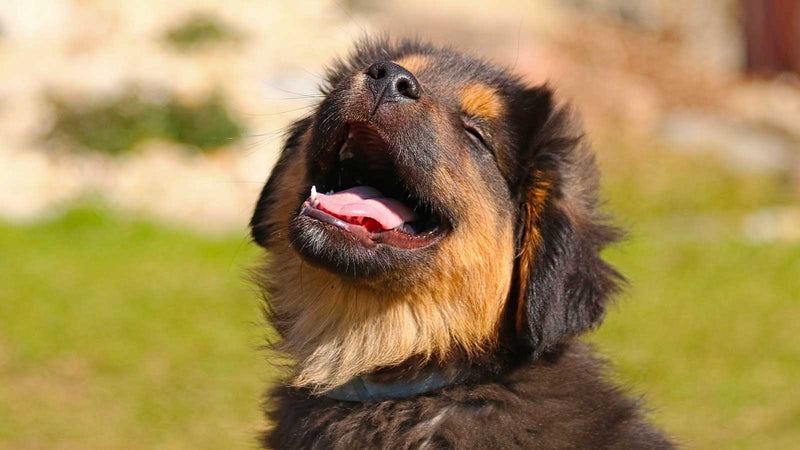
What is puppy socialisation?
Puppy socialisation is when you introduce your puppy to a variety of everyday things and activities that equip them with the skills they need for a normal life. That includes people, other dogs, noises, environments, objects, and experiences. This is best done in the first four months of their life when they are at their most adaptable.
One of the most imperative things to remember is to not overdo it. Puppies need to be introduced to all these things slowly and carefully. If you try to do too much at once, you can have the opposite effect, causing your puppy to develop anxieties and negative attachment behaviours.
When to socialise a puppy
You should start socialising your puppy as soon as they step foot in your home. Ideally, most of the socialisation should be done within the first 12 weeks of a puppy being born. You don’t normally pick up your puppy until it is 8 weeks old which is why it’s so crucial to make sure you are getting a puppy from a reputable, reliable breeder. This means your puppy is getting the best possible upbringing in those all-important weeks before they come to live with you forever.
Can you socialise a puppy before vaccination?
You mustn’t take your puppy out walking in public until they are fully vaccinated. Puppies need to have a primary course of vaccinations when they are between 6–8 weeks old. If you’re picking your puppy up from a breeder, they should have had their first of three injections already. It is then up to you to continue the course with the final two injections. If you are not sure whether or not they have had their first vaccination, contact your vet who will be able to advise you further.
If you take your puppy out unvaccinated, you are putting it at risk of picking up diseases from the environment and other dogs. Puppies don’t have immunity to these until they are fully vaccinated. Your vet will let you know how long your puppy needs to wait after being vaccinated before going outside.
As long as it is secure and not used by unvaccinated dogs, you can let your puppy out to explore your garden. You can still take your pup outside before vaccination, so long as they are in a carrier or a sling – anything that doesn’t let them run around on the ground or encounter other dogs. This is a good way of introducing them to the big wide world without running the risk of illness.
How to socialise my puppy
So, how do you socialise your puppy? Here are some of our top tips you need to know:
1) Introduce new things slowly
Remember to have patience and use treats or food to encourage positive associations. If your puppy is calm, ready to explore and has soft body language, that’s normally a good sign they are able to play and interact with something after investigating it. It’s also key for your puppy to be able to disengage from something after playing with it. If your puppy refuses to leave an object alone even with the help of treats and distractions, this could be a sign of possessive behaviour which needs to address separately.
If your puppy is uncomfortable about something, it will back away, bark and have hesitant body language. If this happens, make sure to give your puppy plenty of room to work things out on their own. If you force them into something, they will go on to become nervous or even aggressive dogs in adulthood.
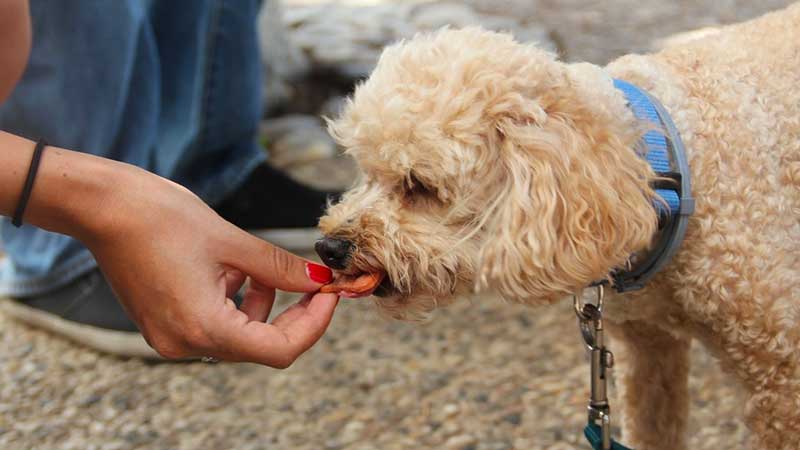
2) Meet new people in different clothing
Getting your puppy used to people is arguably one of the most vital things they can learn early on. Make sure you get your puppy interacting with as many different people as possible. That includes friends and family as well as children, delivery drivers, maintenance workers and so on – anyone who typically comes in and out of your house or is in the local area. This gets your puppy comfortable and familiar with different items of clothing and objects. You can even do this yourself by playing a bit of dress-up. Some things puppies are usually wary of can include:
- Hats
- Helmets
- Masks
- Hi-viz clothing
- Big bags
- Glasses and sunglasses
3) Interact with other dogs
Of course, getting your puppy used to people is essential. But getting your pup familiar with other dogs is just as important. If you fail to get your puppy used to other dogs, they won’t be able to interact with them safely and happily. A great way to do this is to join a puppy class in your local area. Here, your puppy will be in a group setting learning some basic commands, like sit and lie down, as well as having the opportunity to play and learn basic dog-on-dog etiquette.
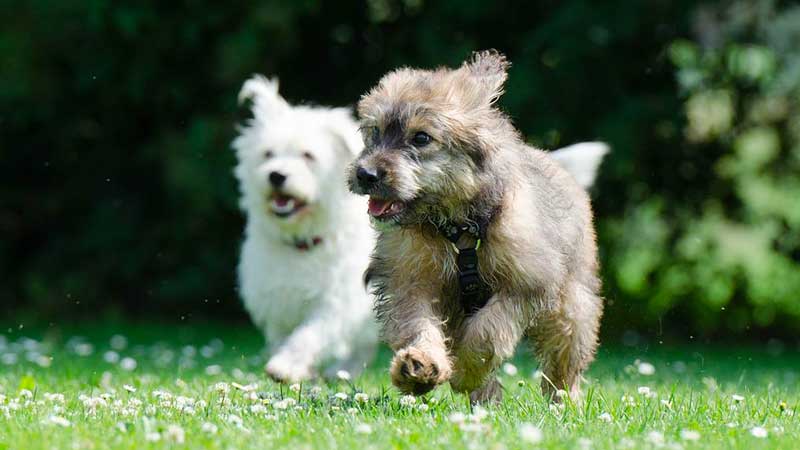
4) Expose them to sounds and smells
Your puppy is going to be exposed to many different smells and sounds in their life but never more so than when they are young. Some sounds and smells can be triggering for dogs, loud and unexpected noises. For example, lots of dogs find thunder and fireworks to be stressful.
Again, don’t over-pressure your dog by forcing them to listen to distressing noises. Let it happen organically and be on hand with positive reinforcement, like touch and treats when they need it. The same goes for smells, living in a busy family home, puppies experience lots of different smells. And with a sense of smell at least 10,000 times stronger than ours, it’s no wonder smell is such a big part of a dog’s life. When you’re out for a walk, let your puppy explore with their nose and try to be patient as they stop seemingly every two seconds for a good old sniff.
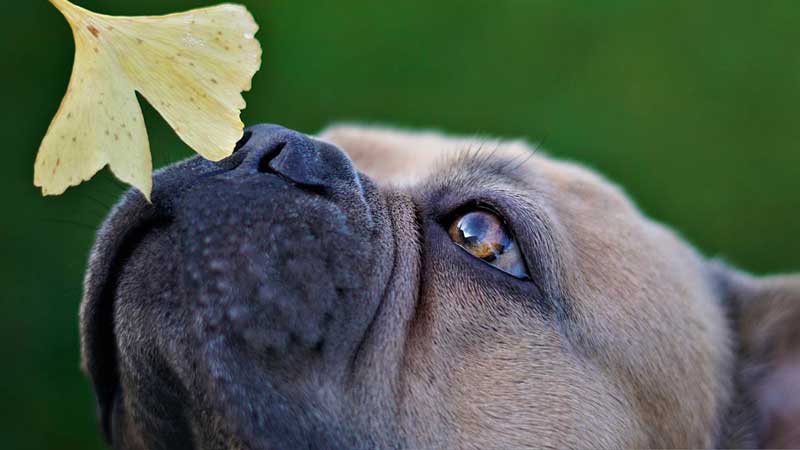
5) Make sure they are comfortable being touched
We all love a cuddle with a puppy but being comfortable with being touched goes so much further than that. If you don’t handle your puppy properly, they may find being touched in adult life worrying. Things like grooming and vet appointments become even more difficult if your dog doesn’t like to be handled. So, from an early age, make sure you are stroking their back, legs, tail, tummy, feet and face. Also, practice picking them up and massaging their paws to get them familiar with check-ups.
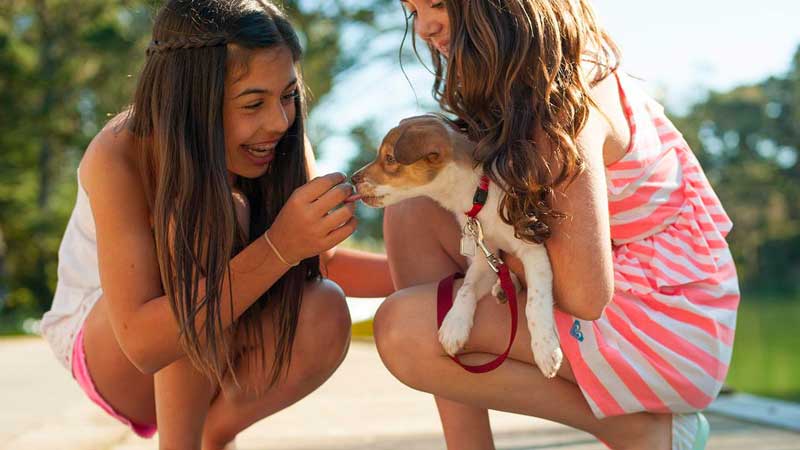
There you have it, a basic guide on how to socialise your puppy. Of course, make sure you’ve done your homework on the breed so that you know their temperament and always make sure you meet the mum and dad of any puppy to get an idea of what they may grow up to be like. Remember, you’re not alone! There are plenty of charities and resources out there to help you socialise your puppy so that they grow up healthy and happy.

